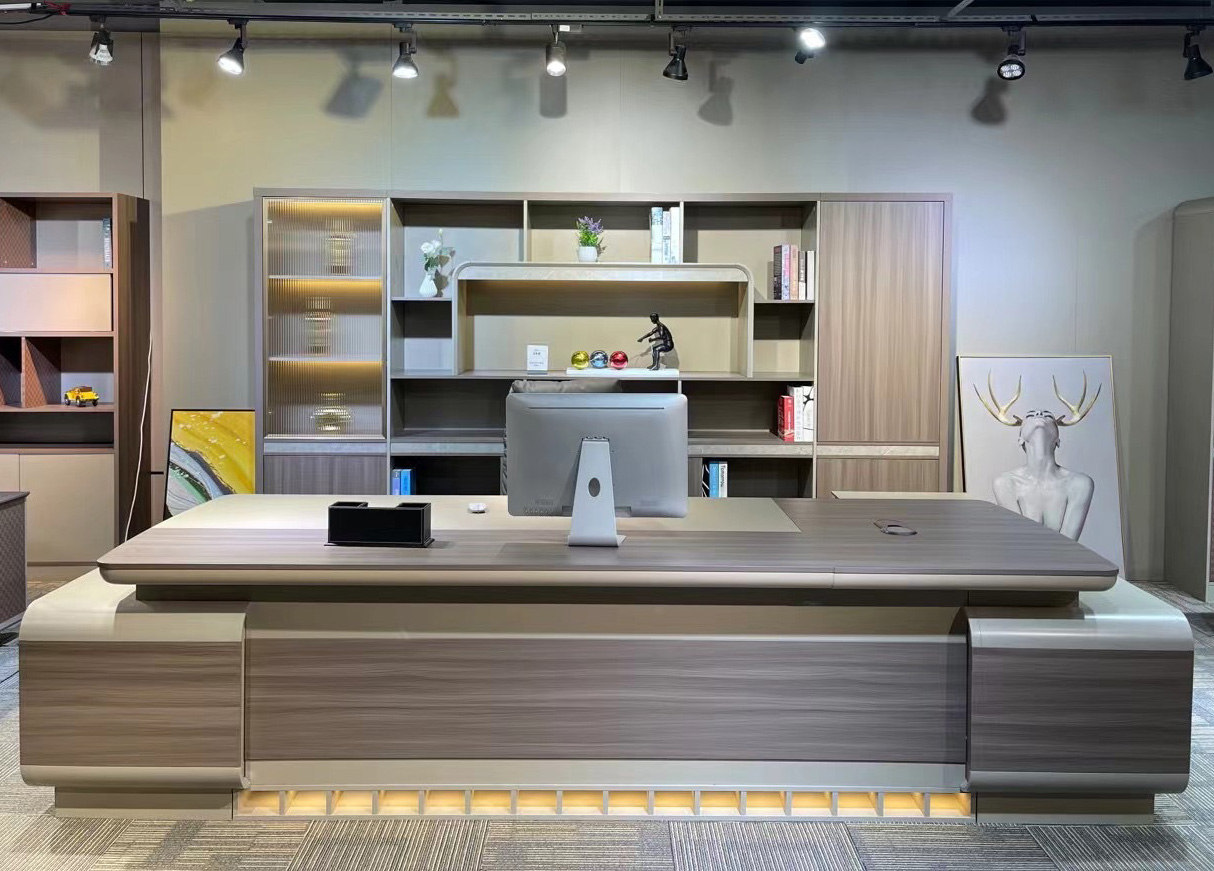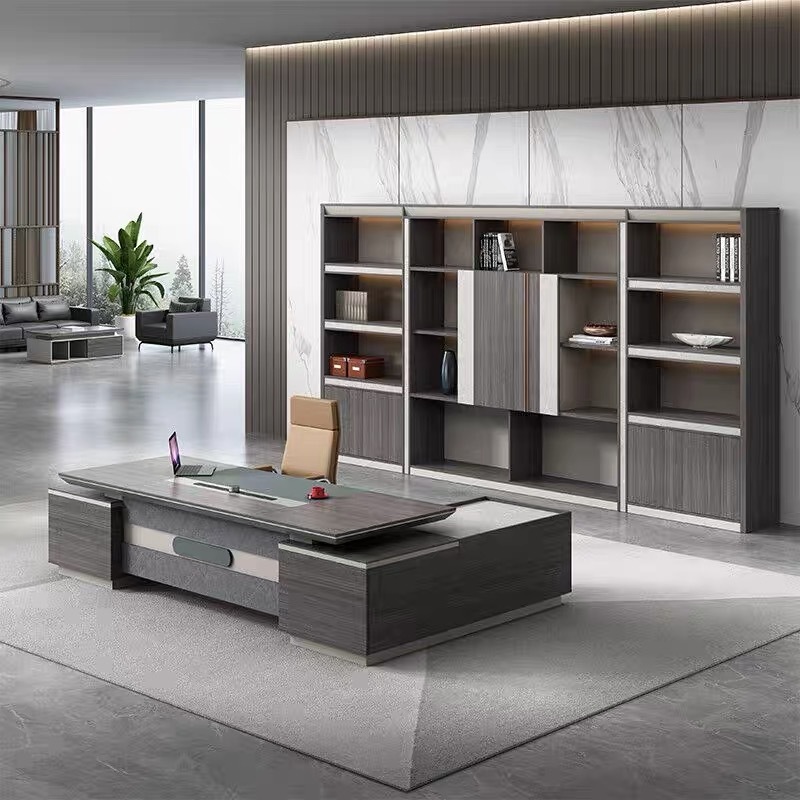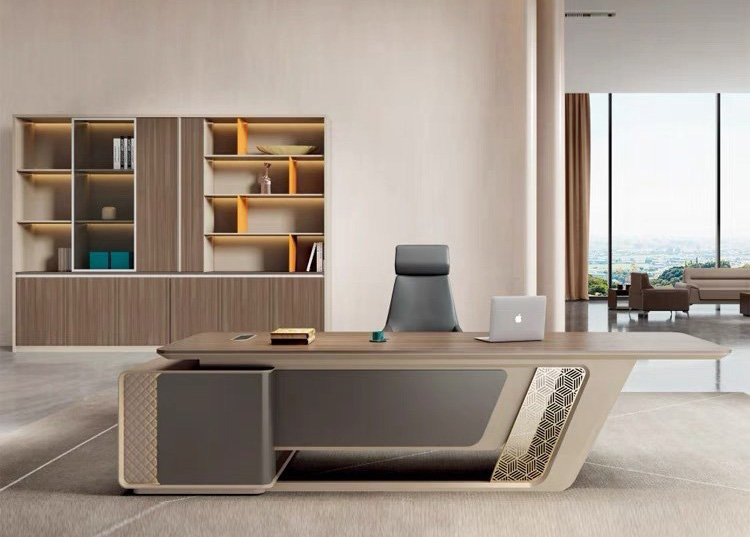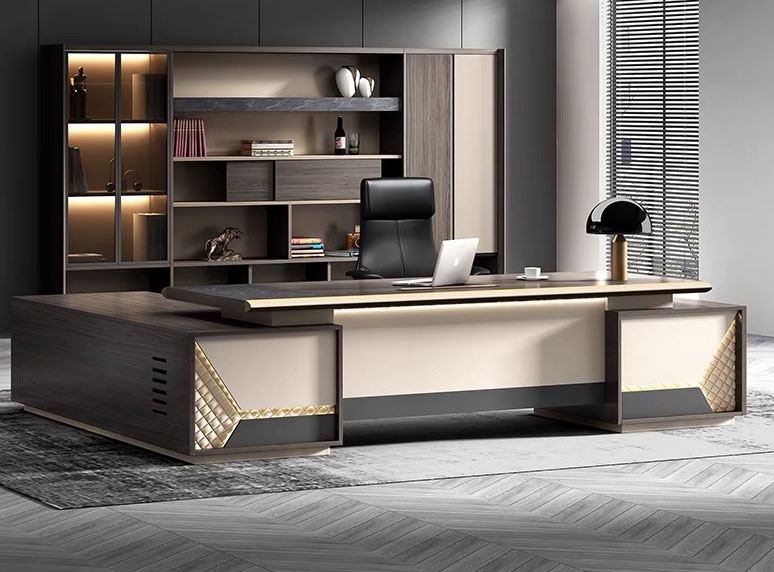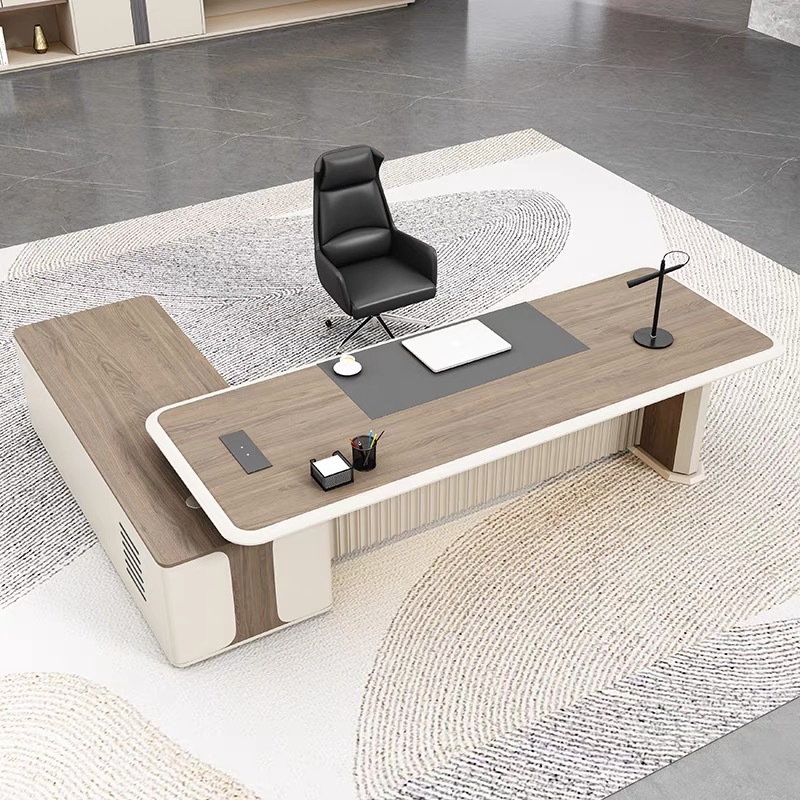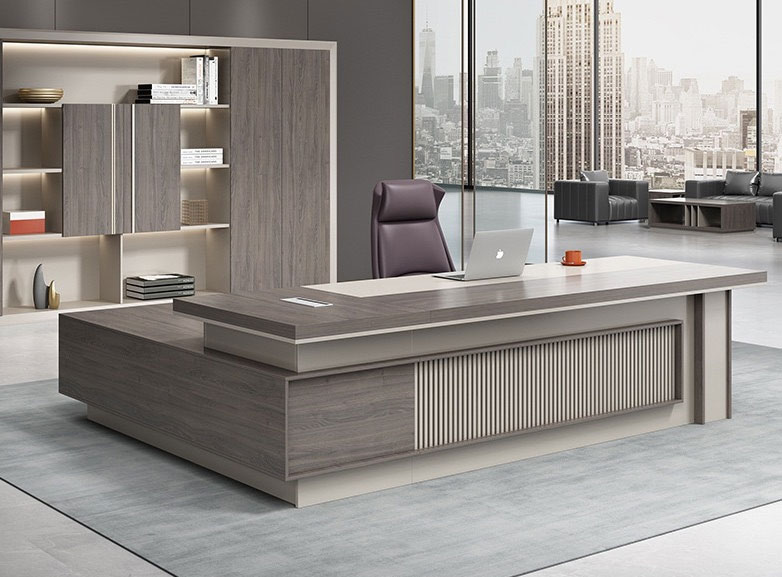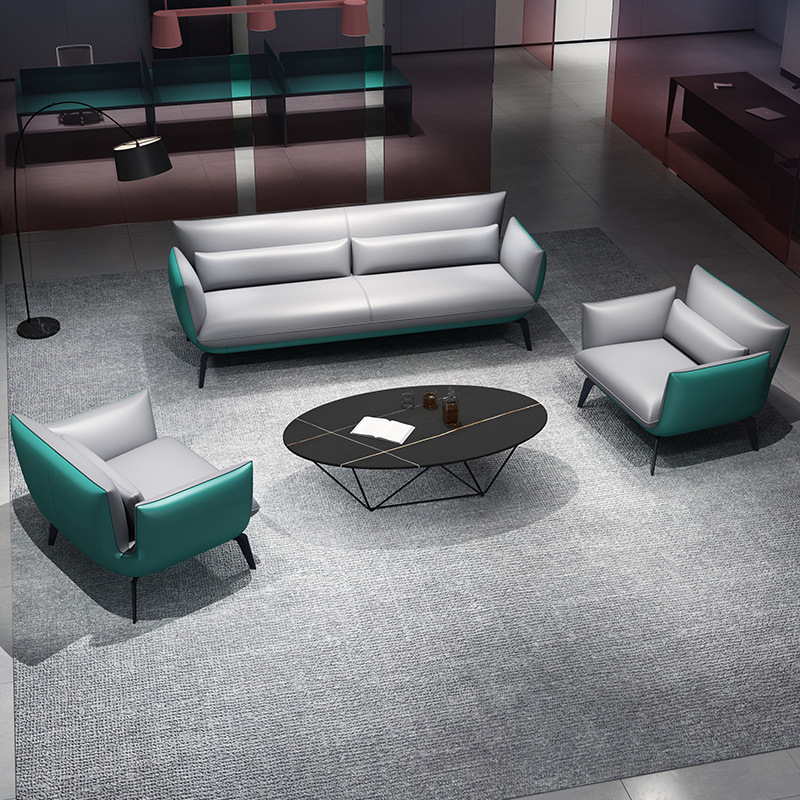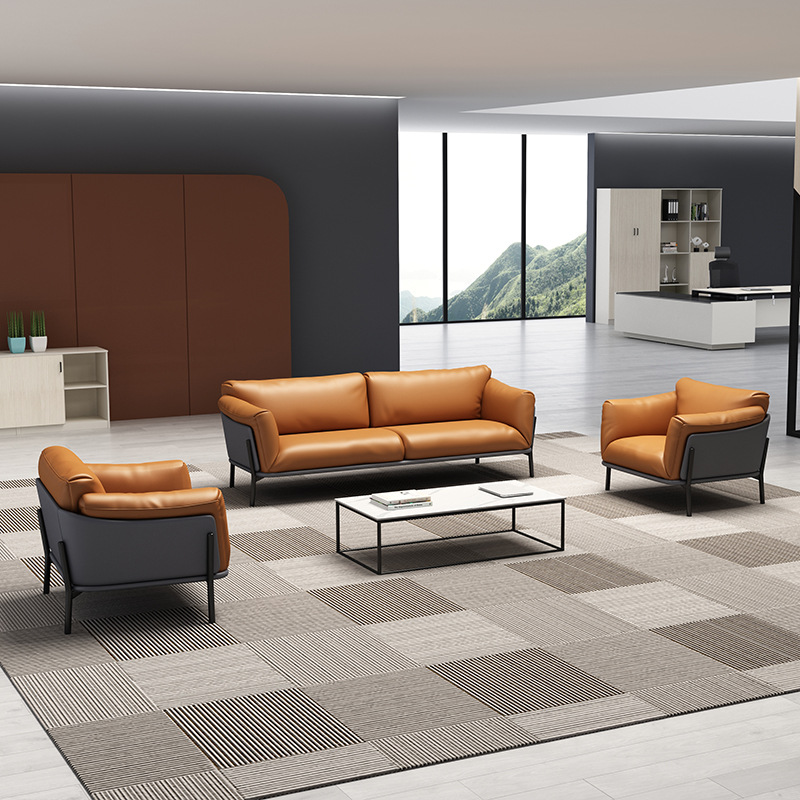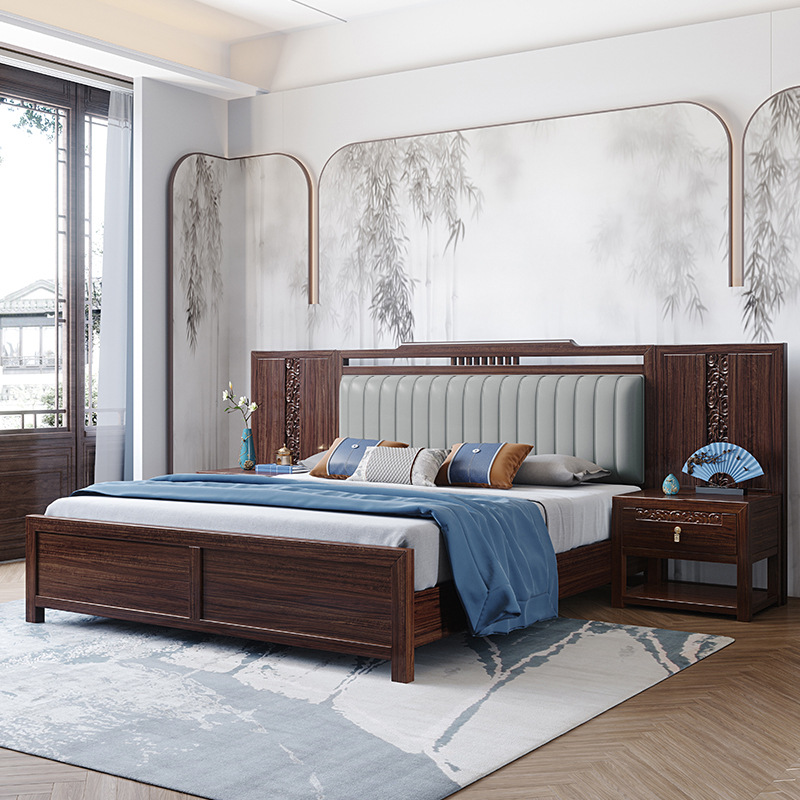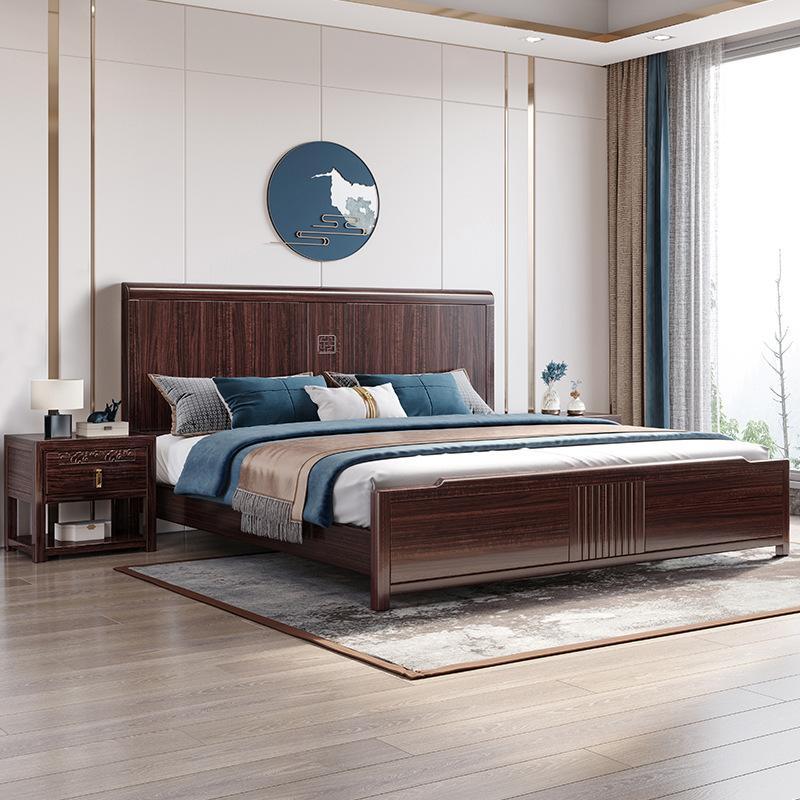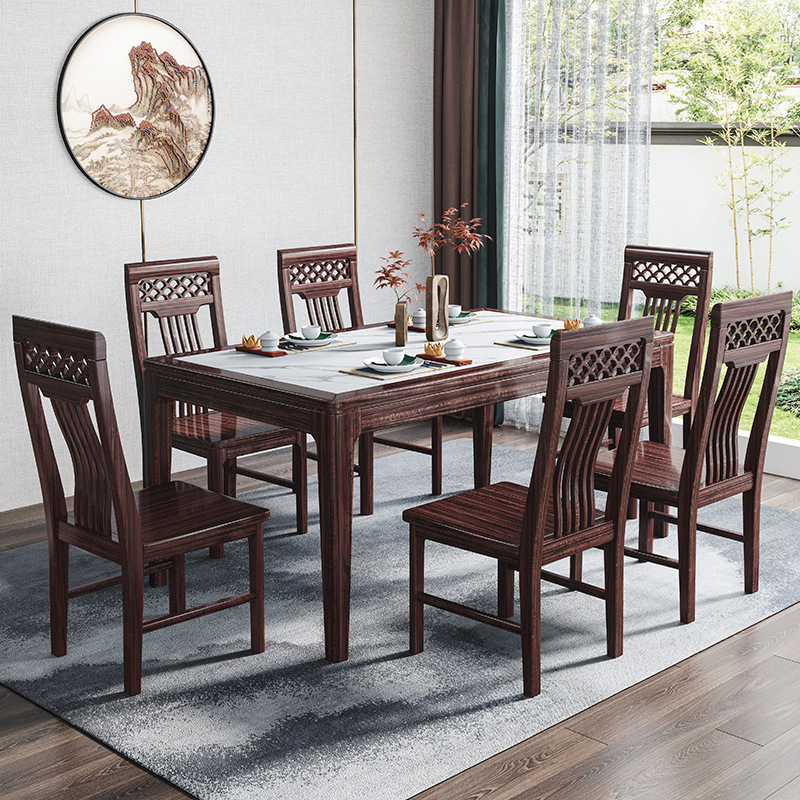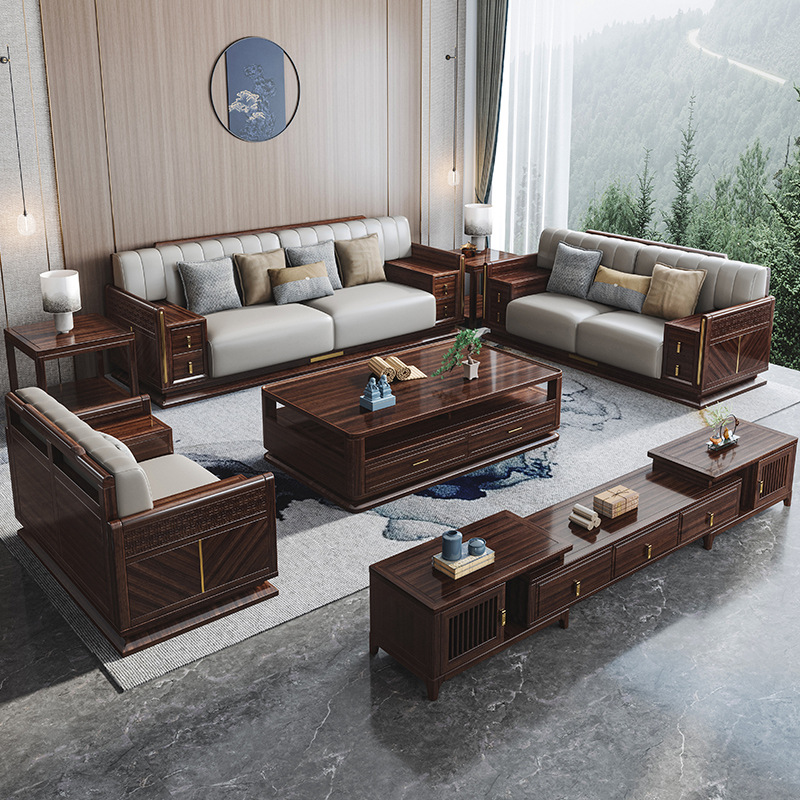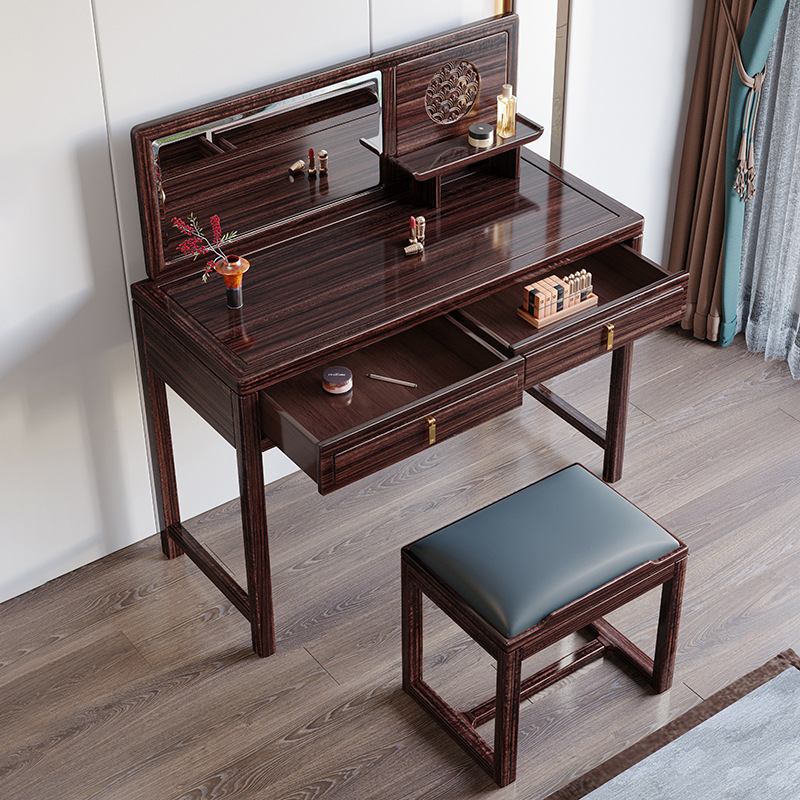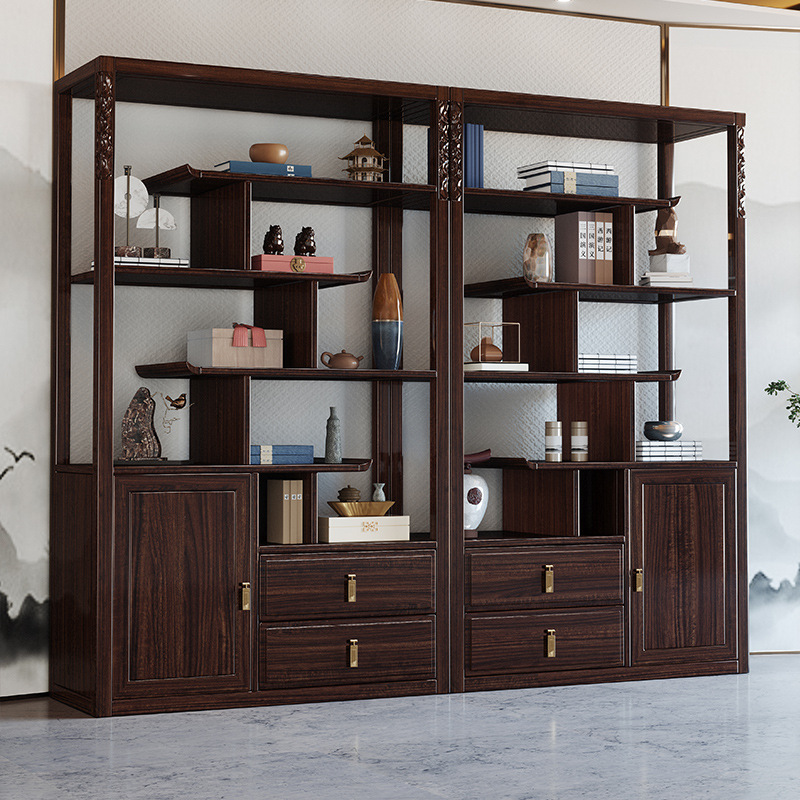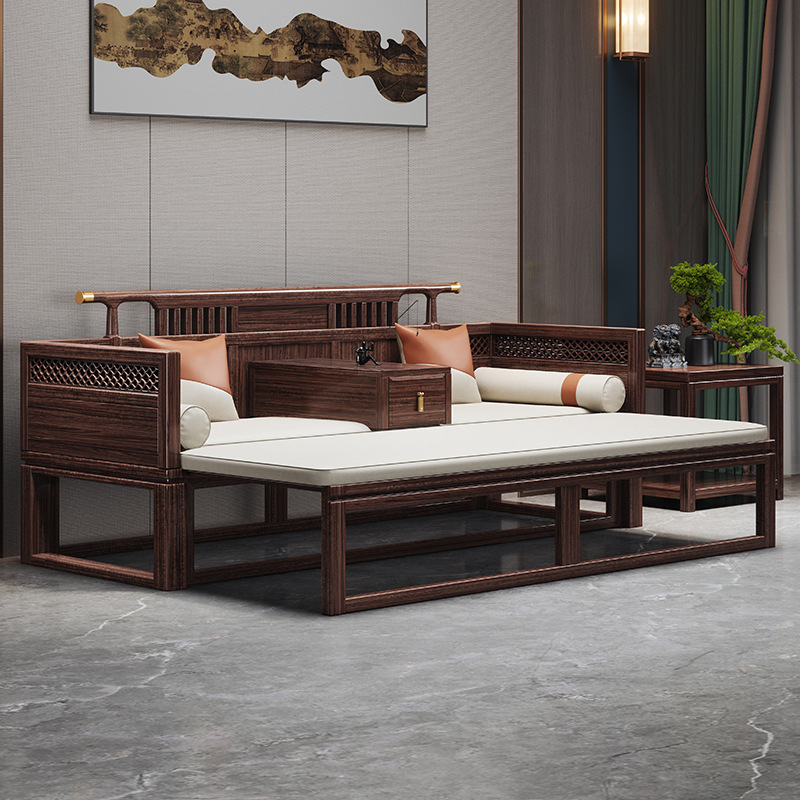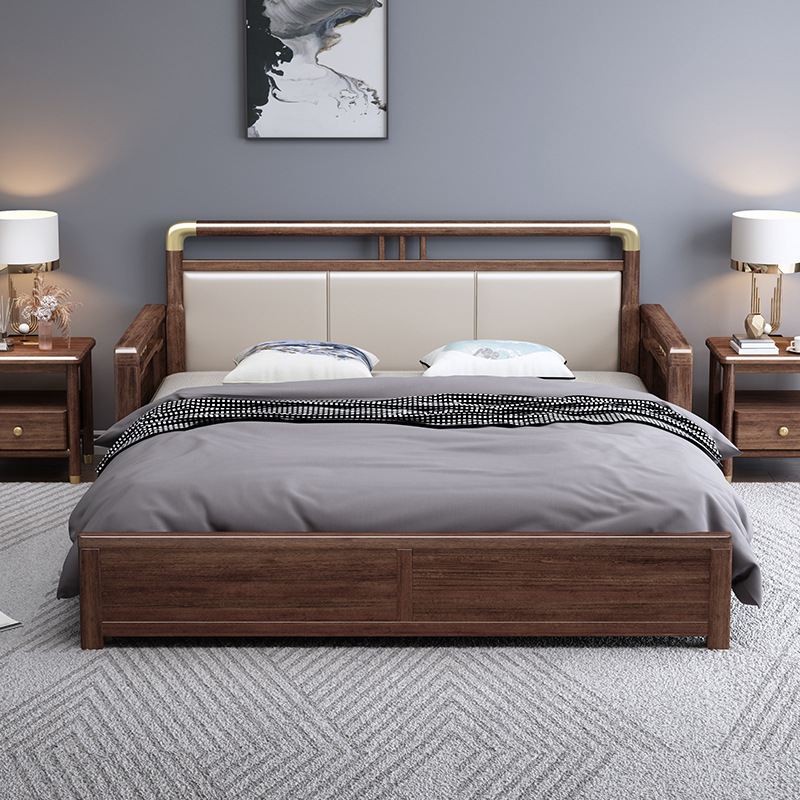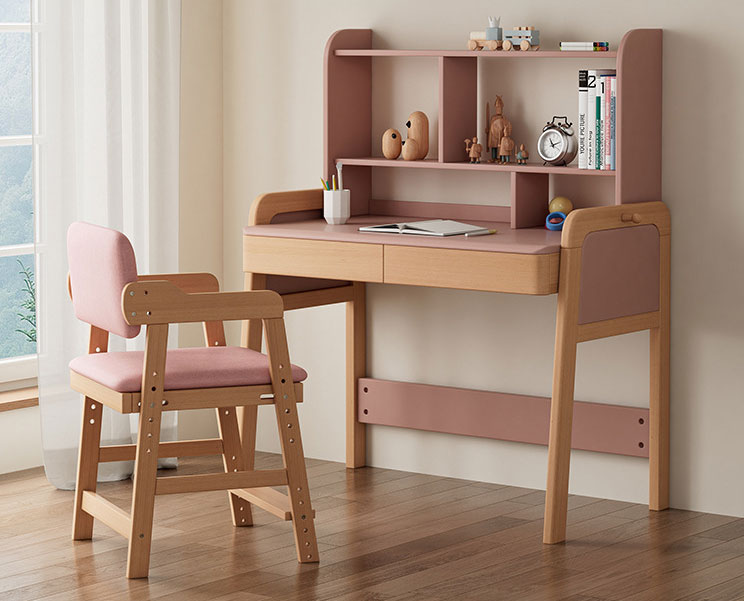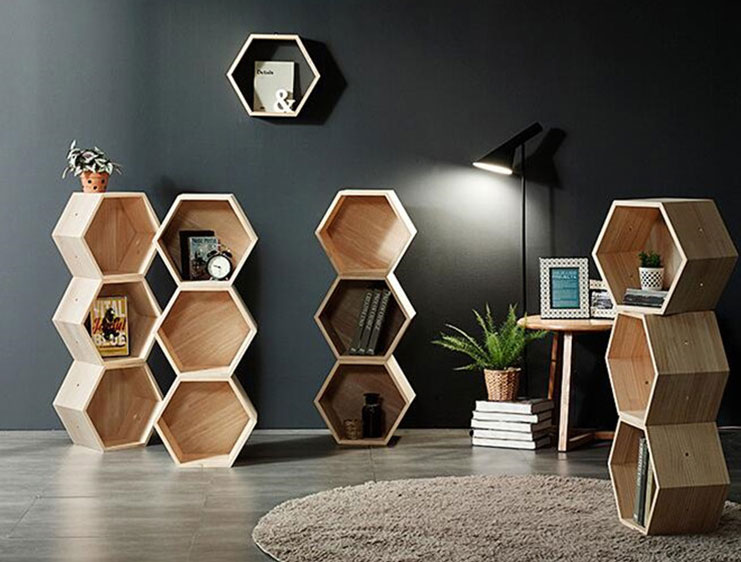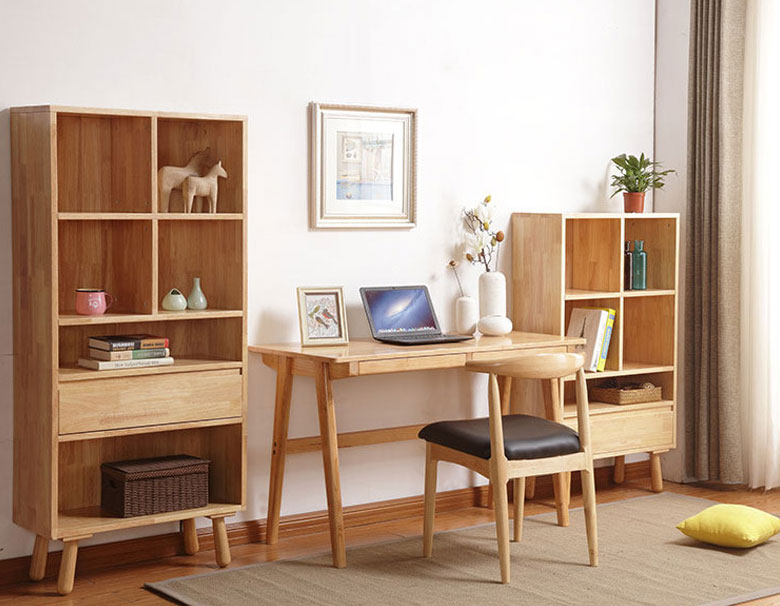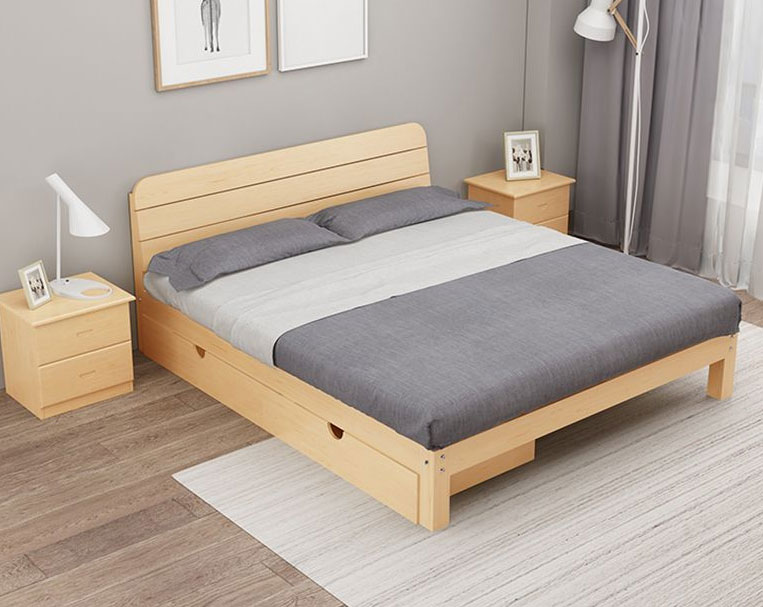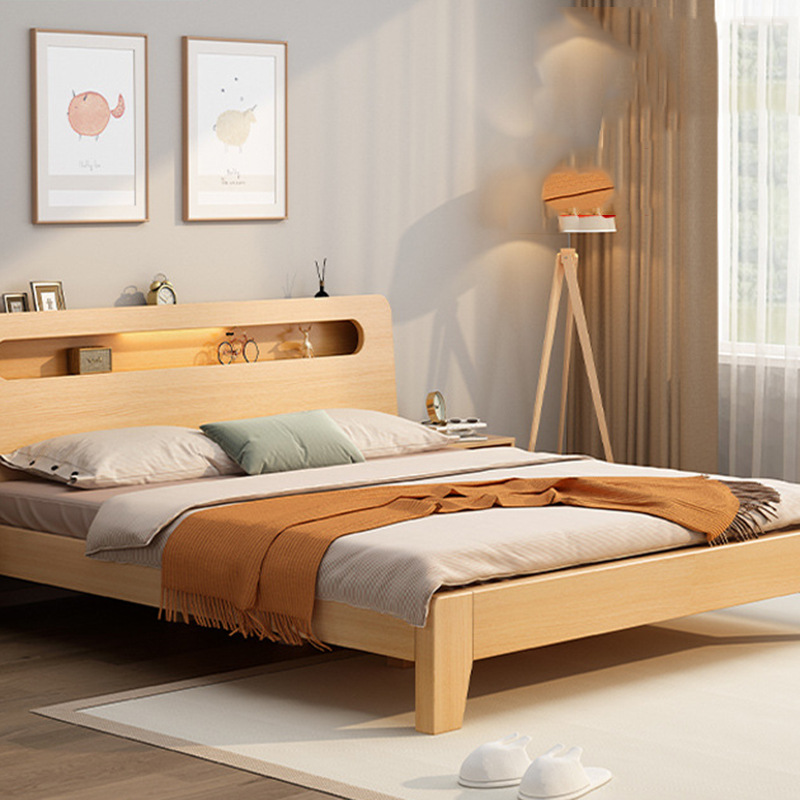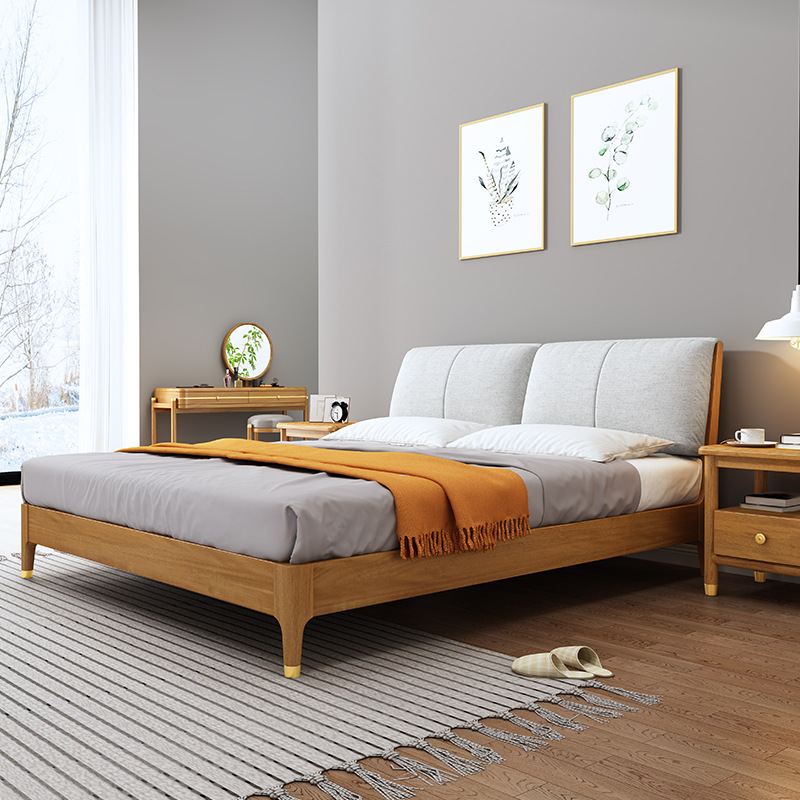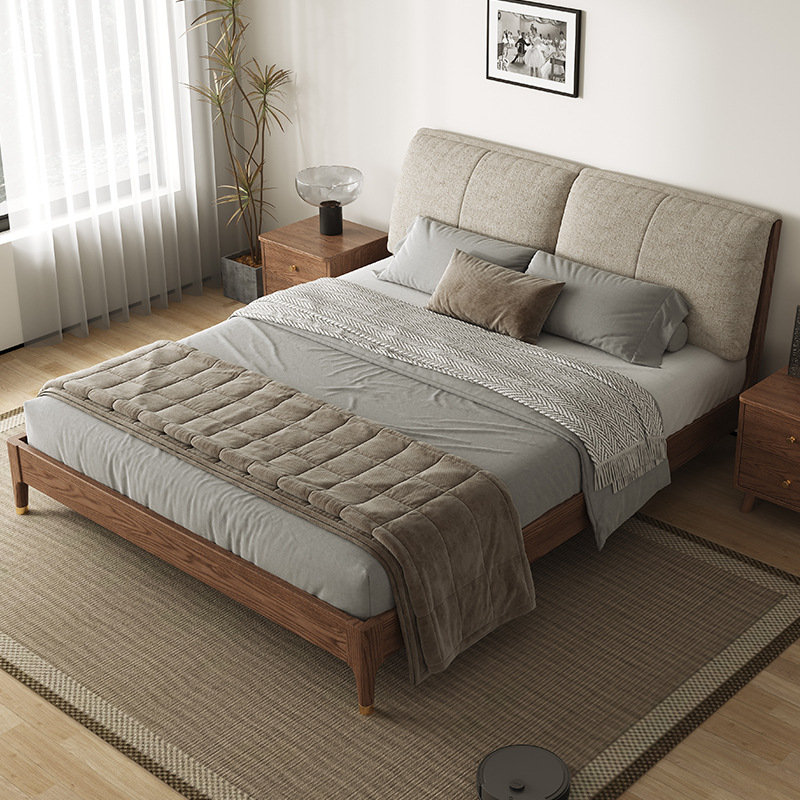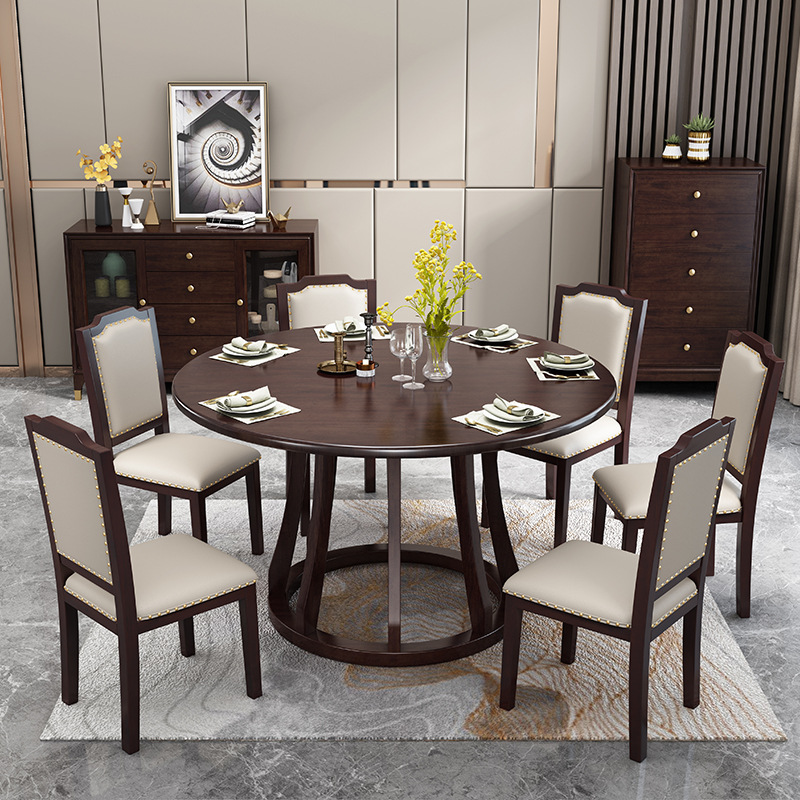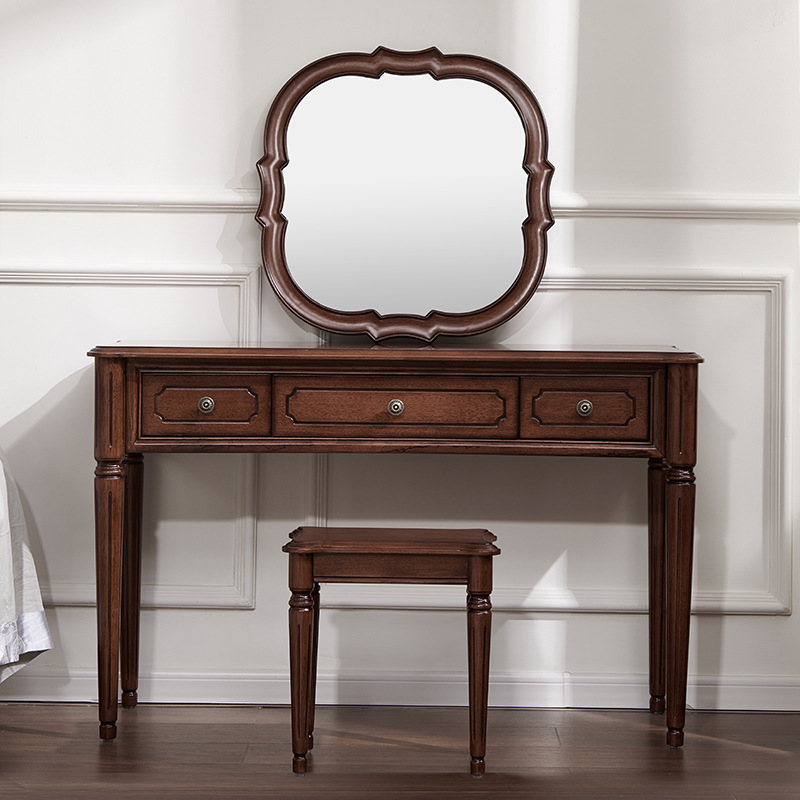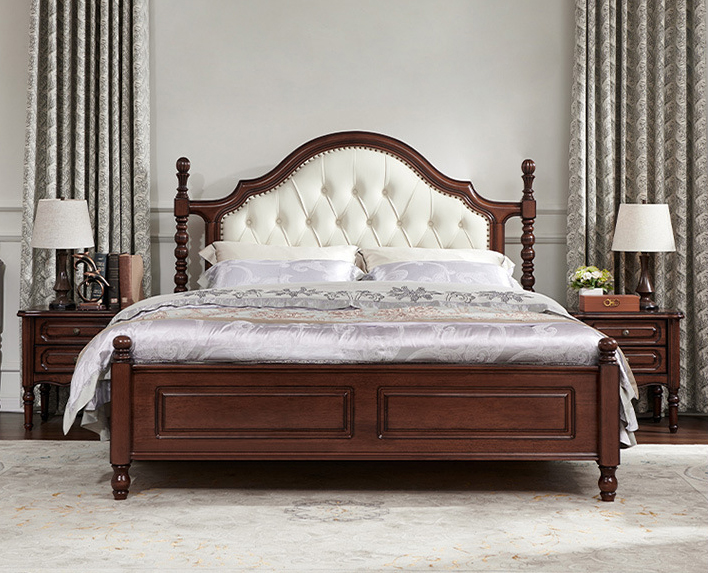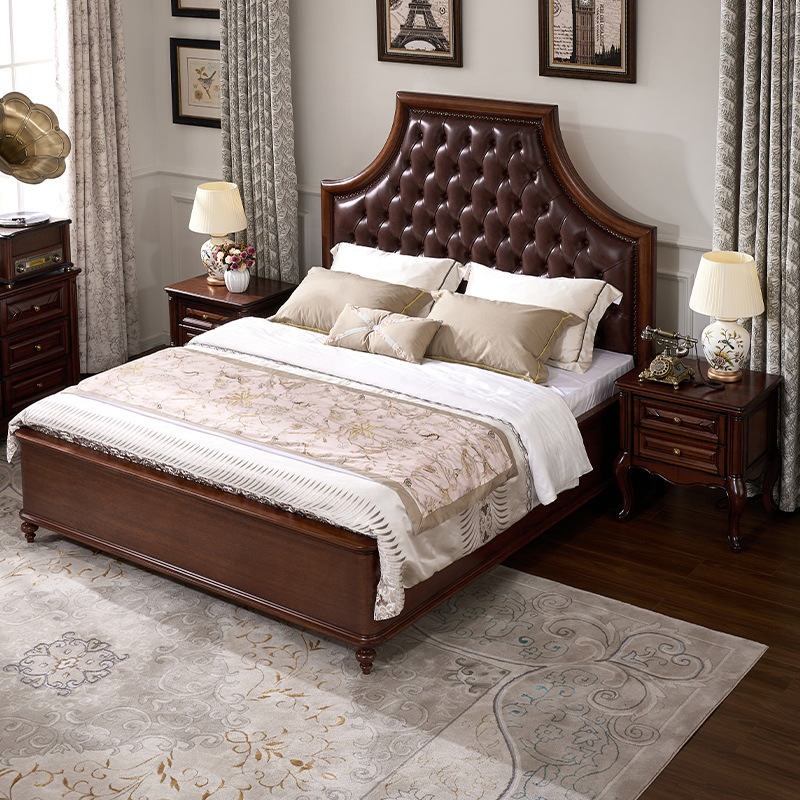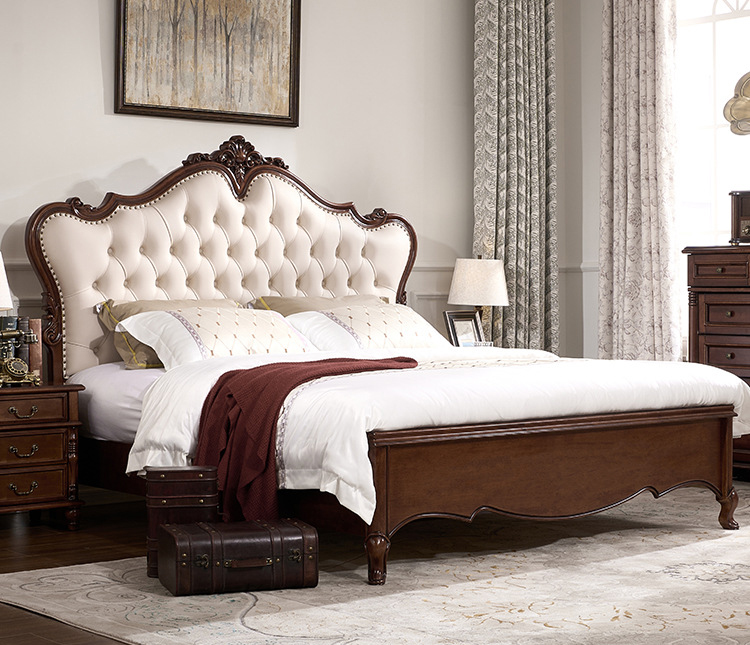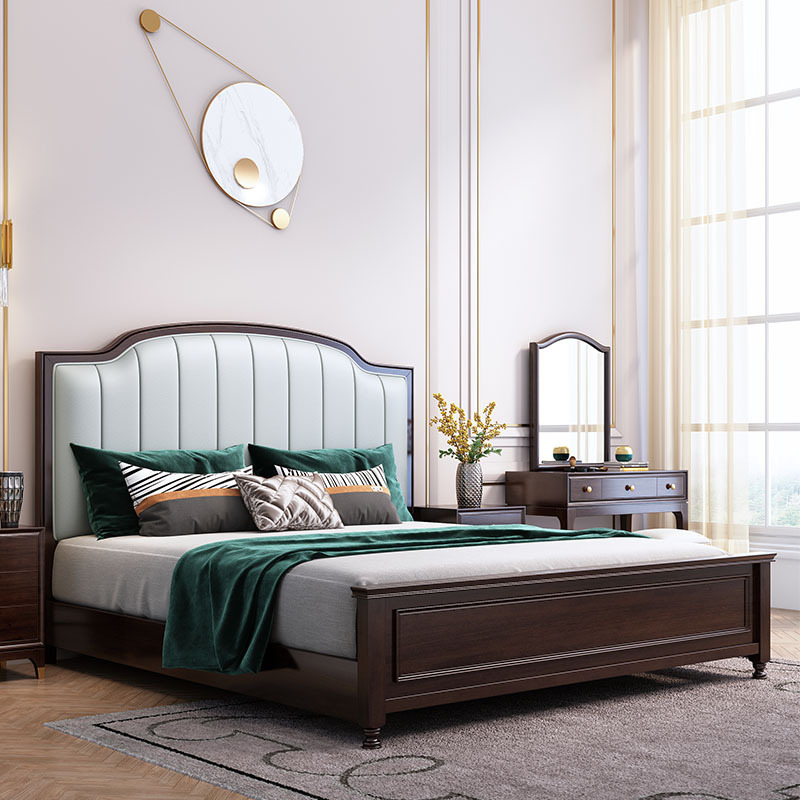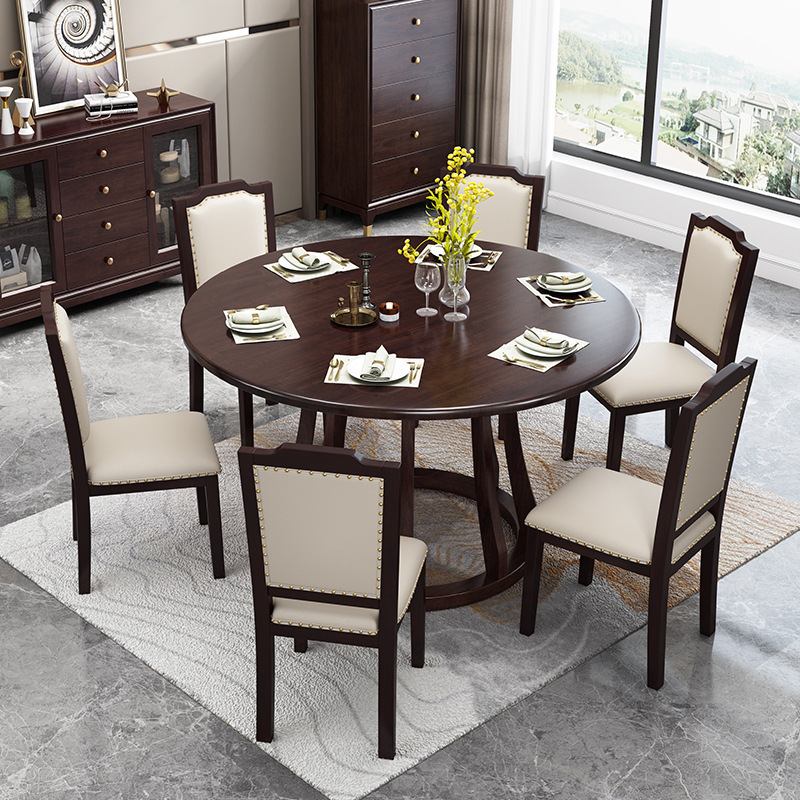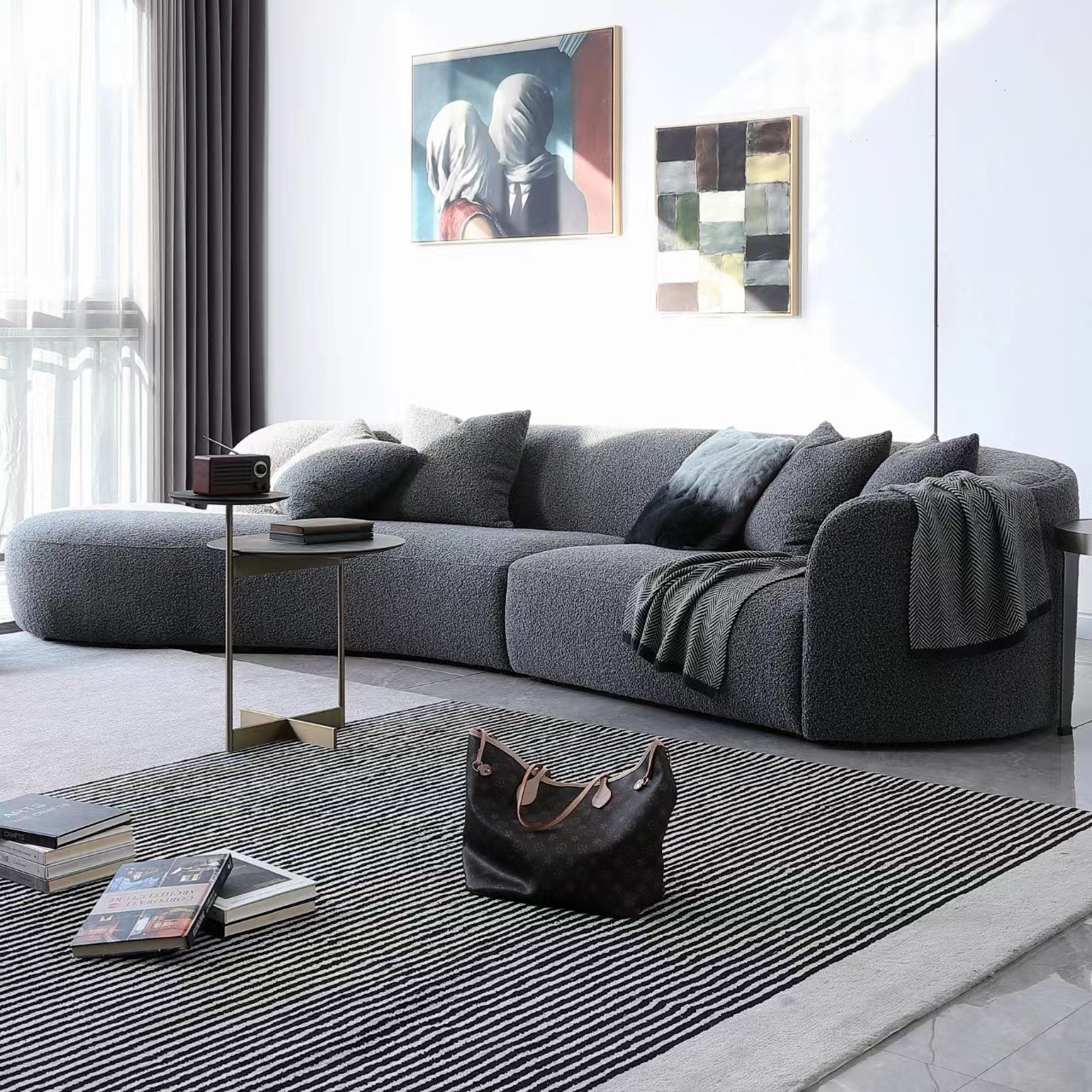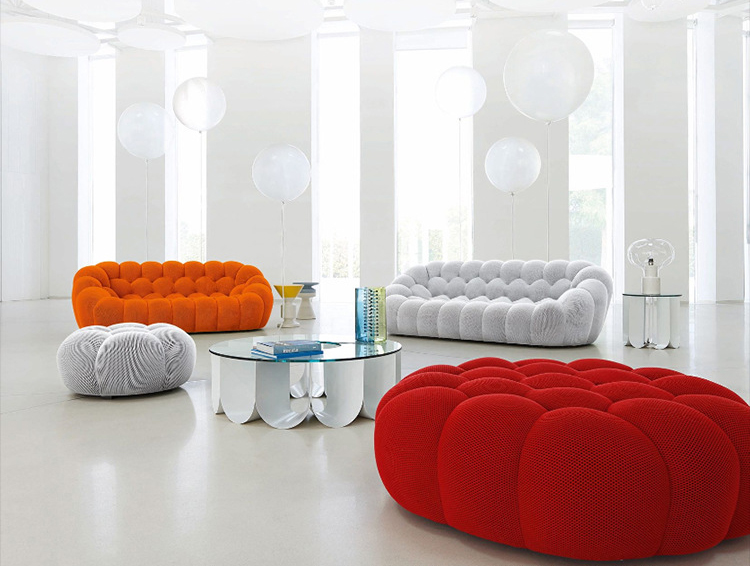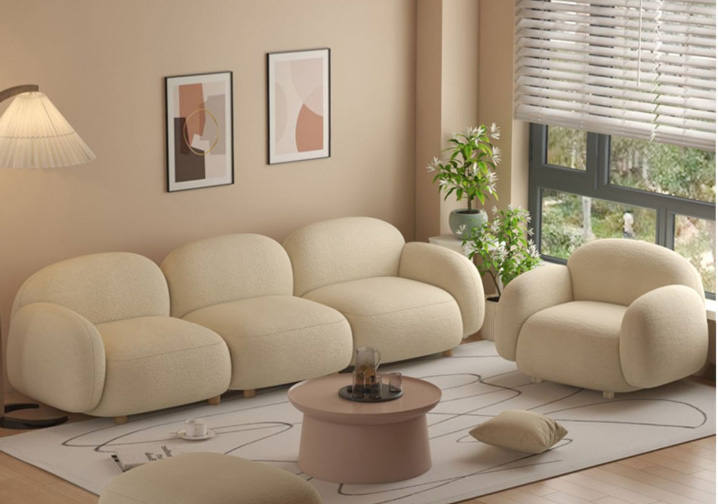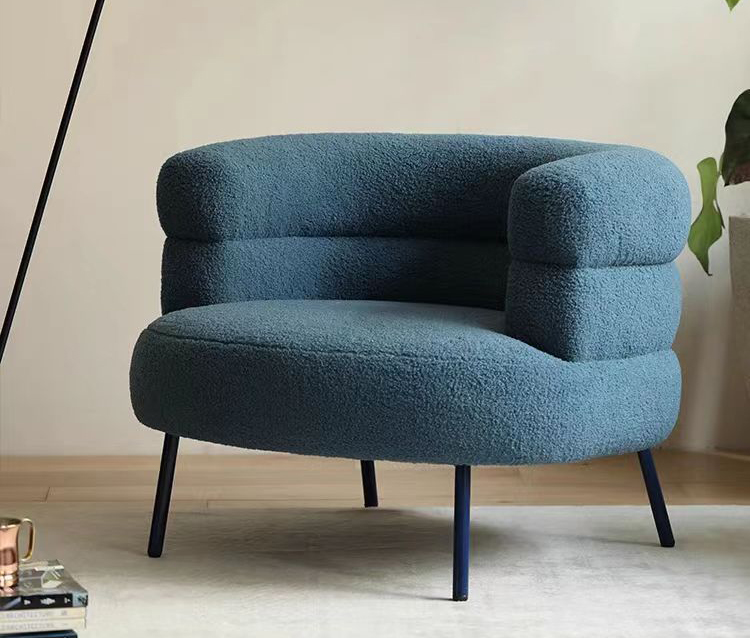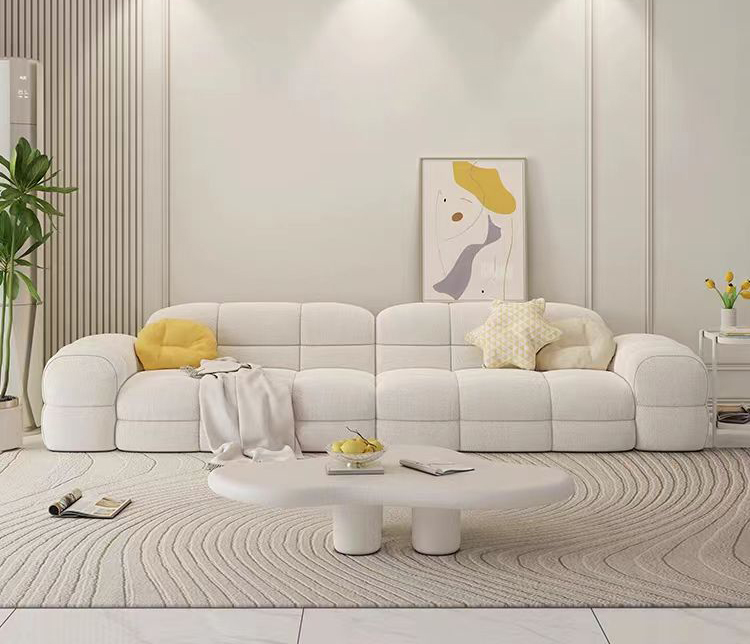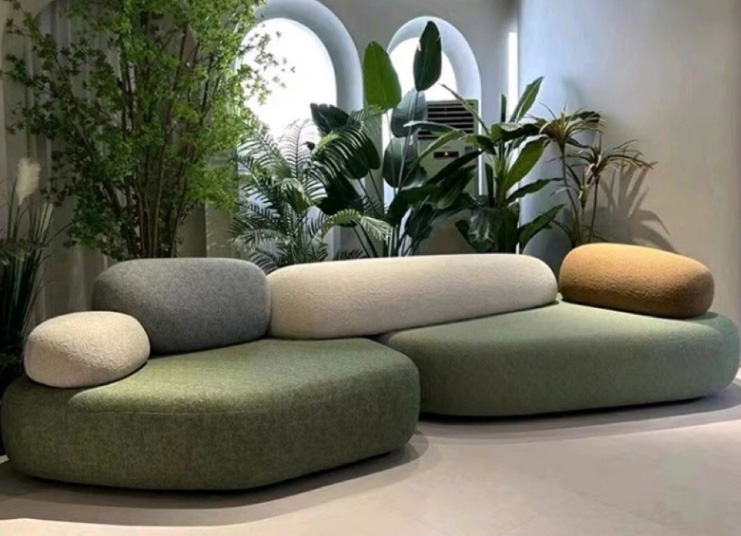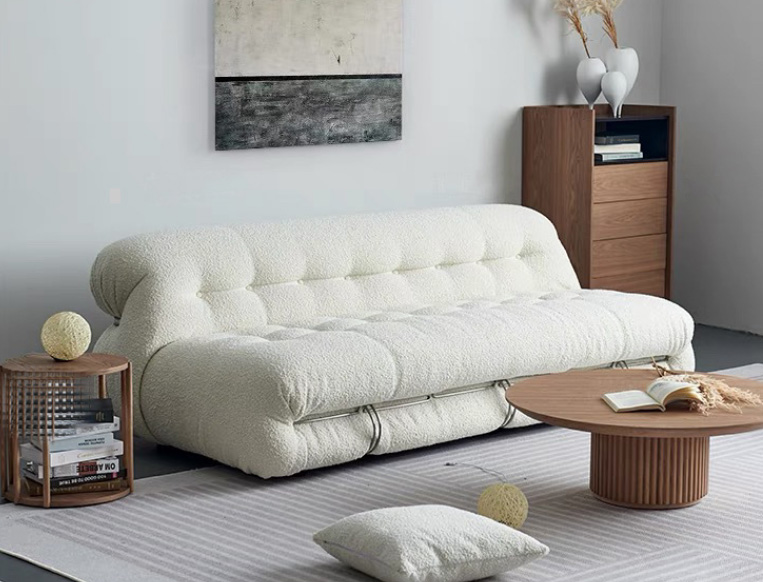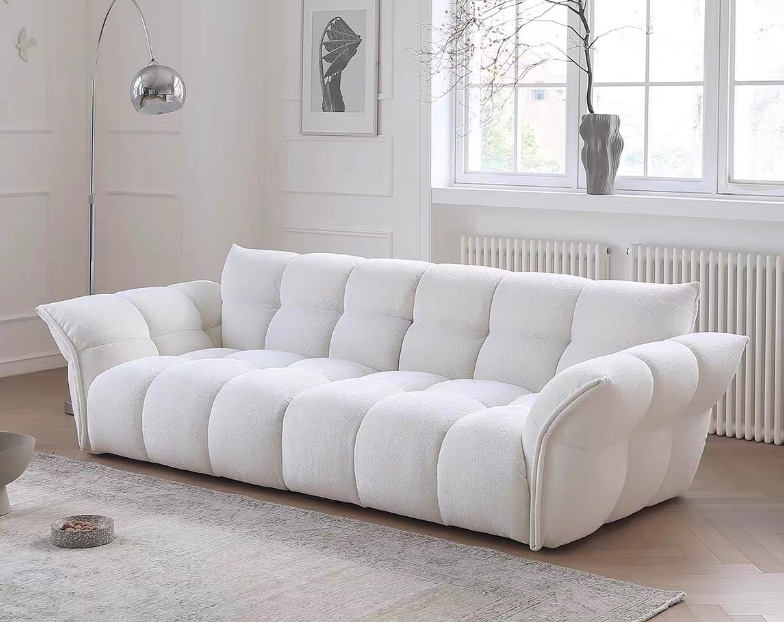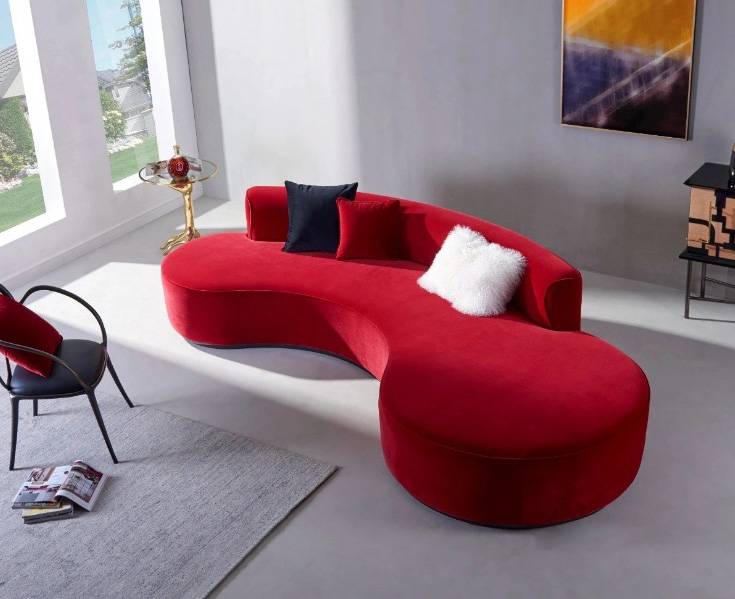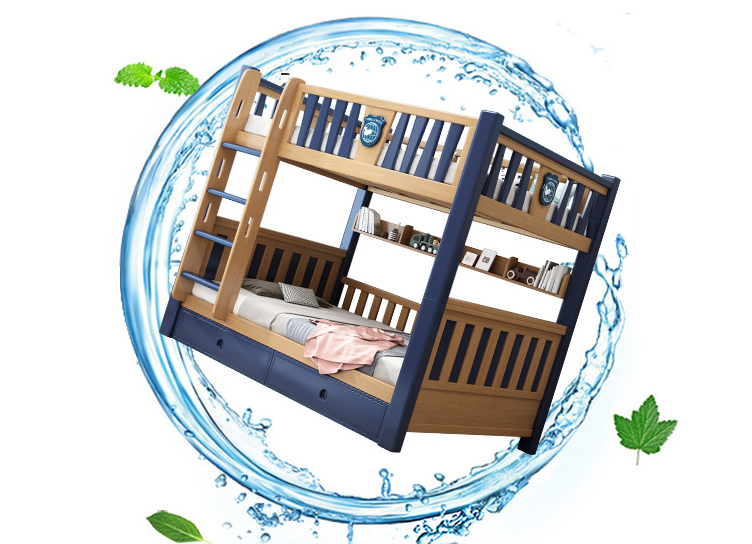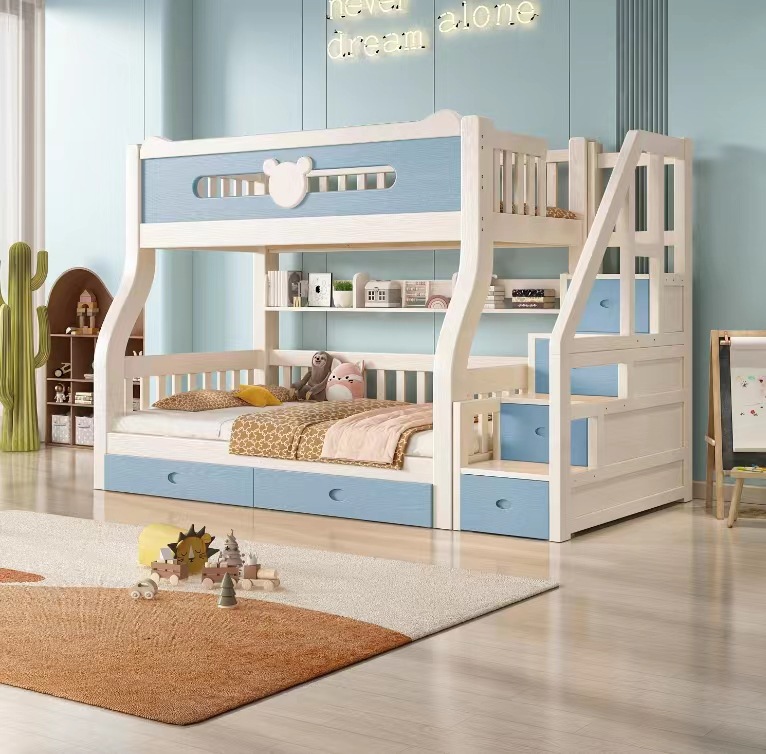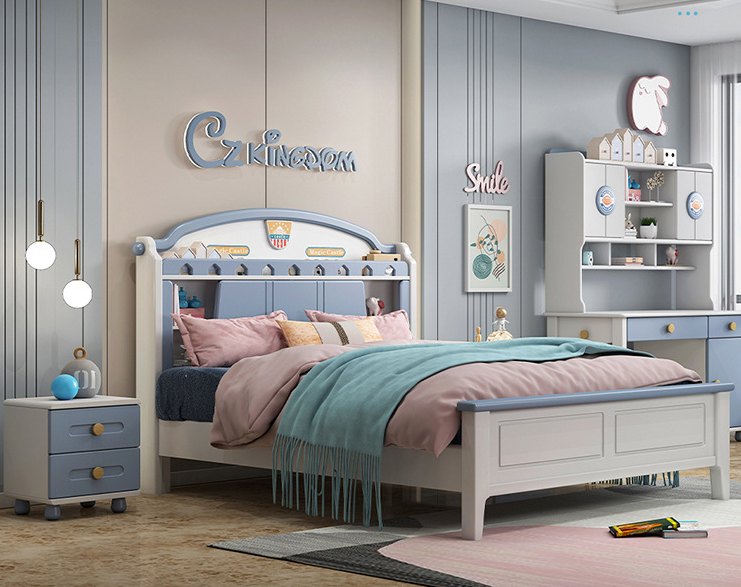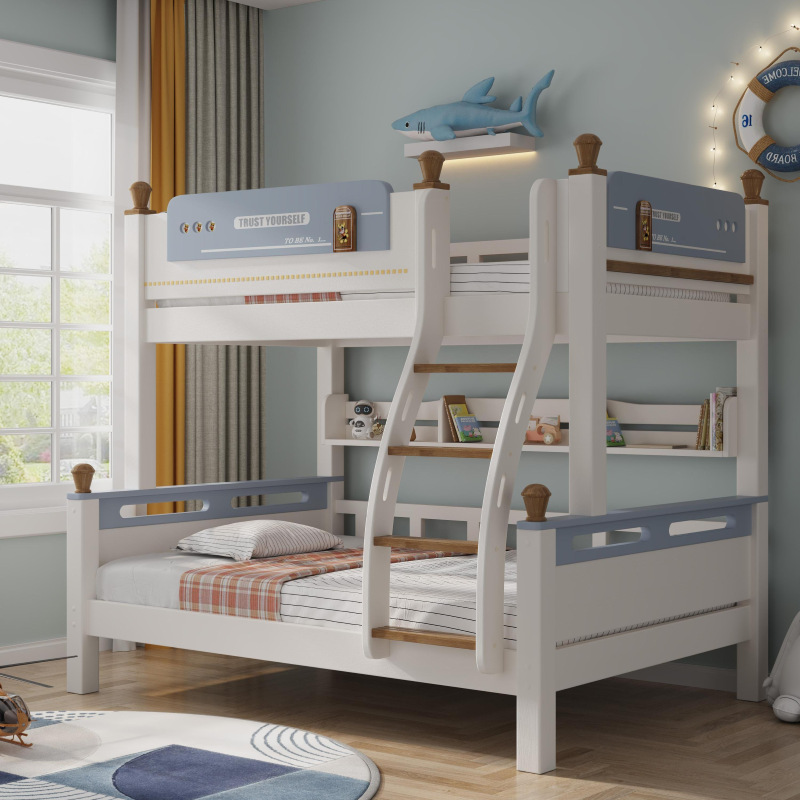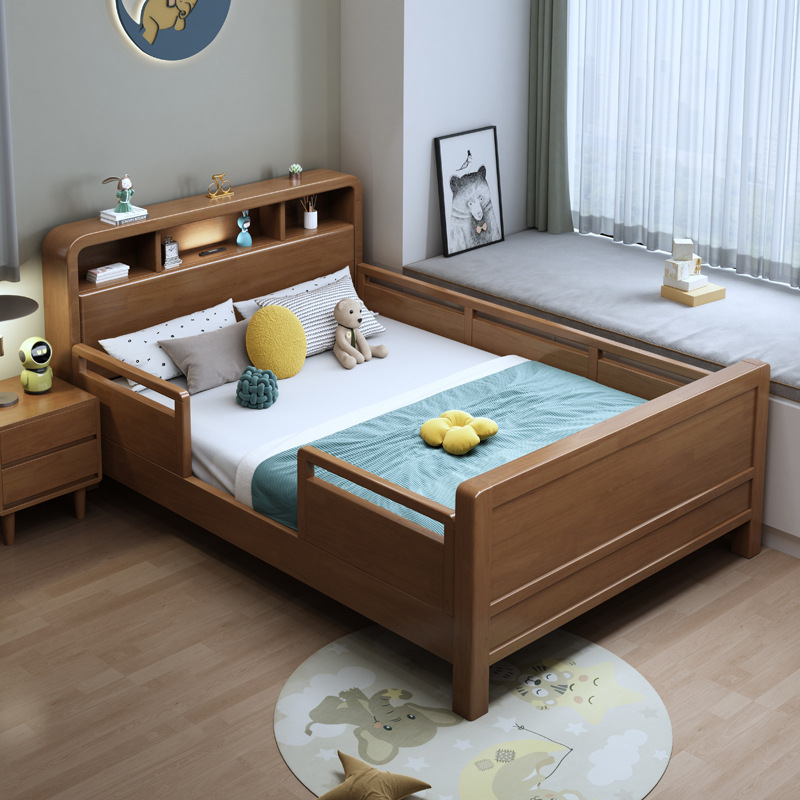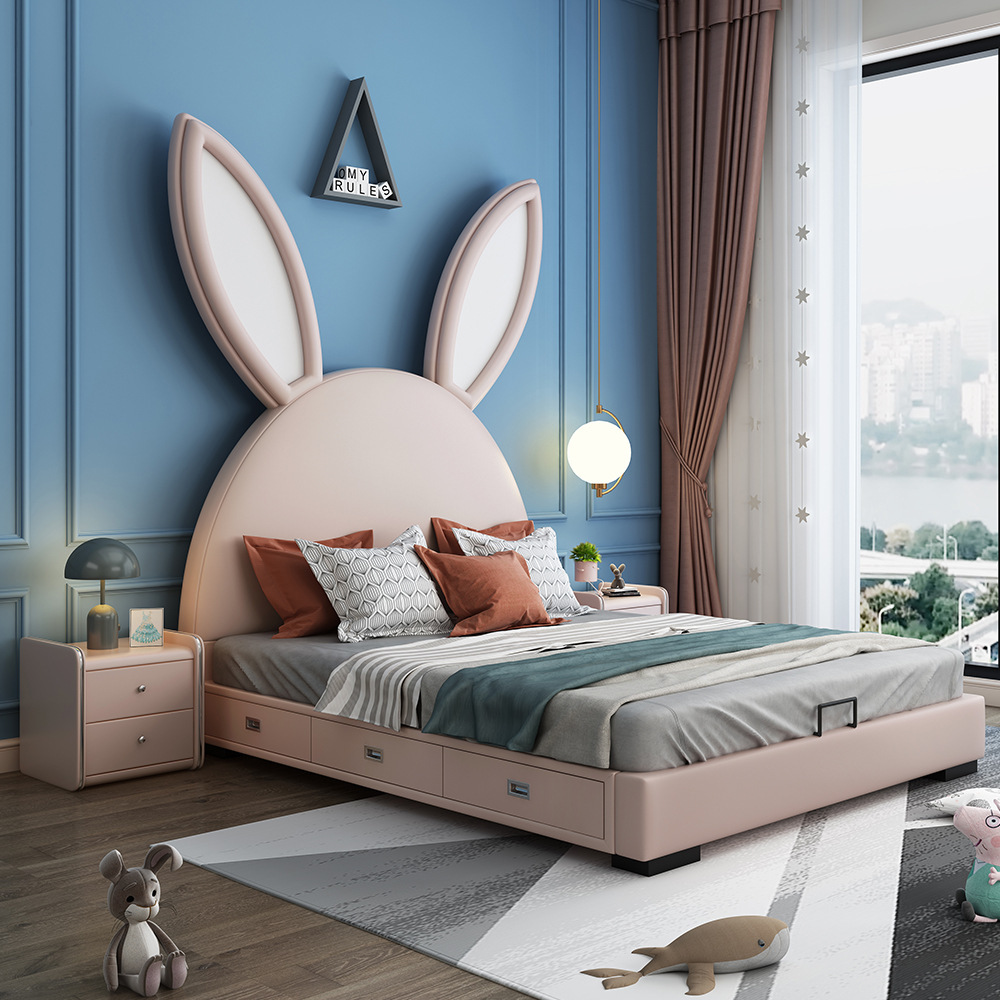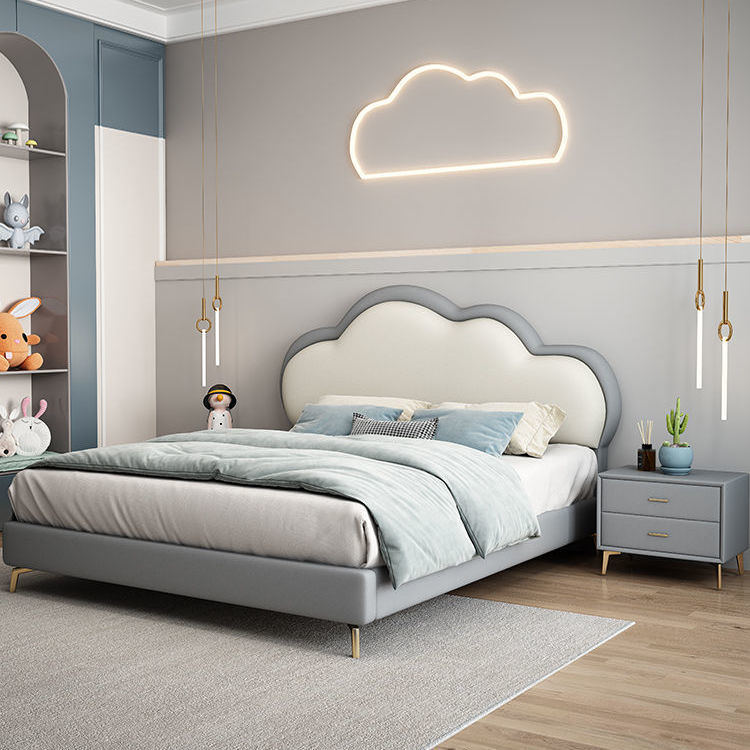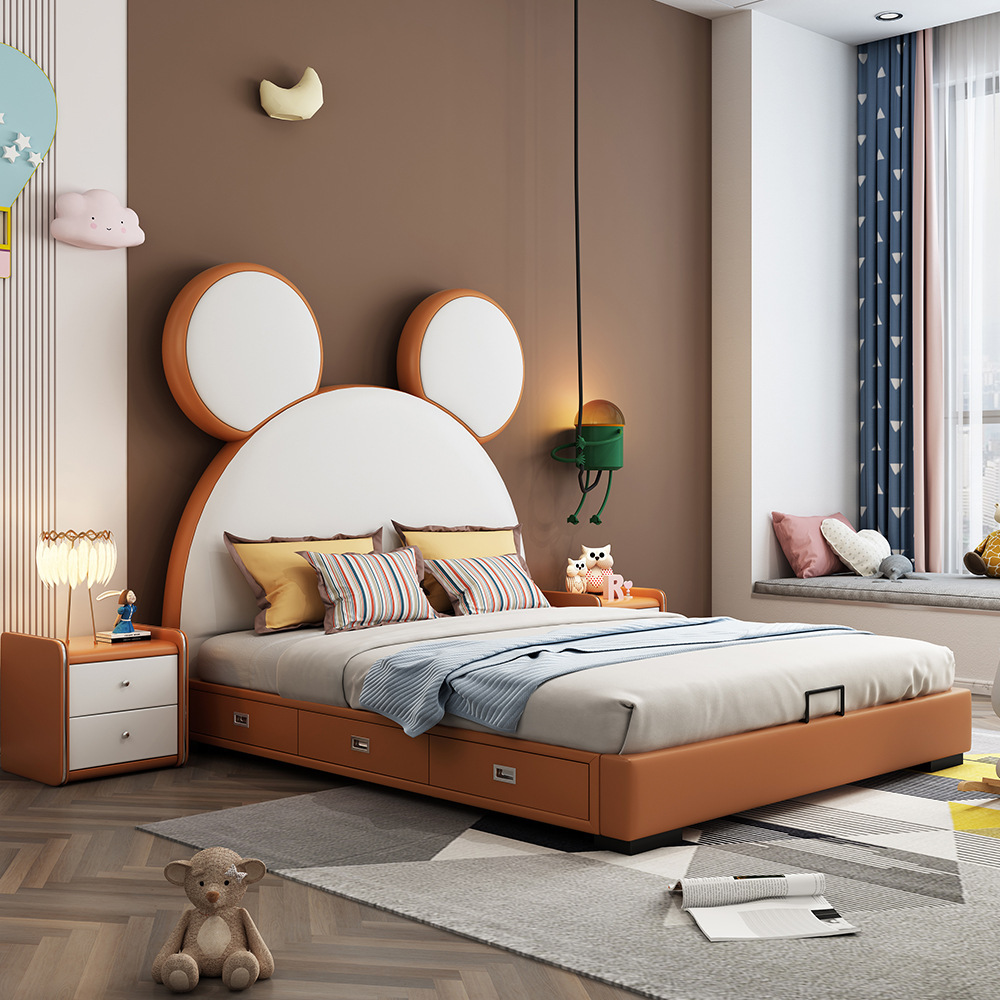Transnational cooperation: International alliance and win-win of furniture industry
In the era of globalization, transnational cooperation has become an important way for the furniture industry to achieve win-win results. Through the international alliance, furniture companies can integrate resources, technology and market, achieve complementary advantages, and jointly open up a broader space for development.
Transnational cooperation is conducive to the integration of resources in the furniture industry. Different countries and regions have their own unique resources, such as wood, design concepts, production technology and so on. Through cross-border cooperation, enterprises can share these resources, reduce costs and improve product quality. For example, some countries may have abundant resources of high-quality wood, while others have superior capabilities in design and manufacturing. The partners can combine their strengths to create more competitive products.
Cross-border cooperation has also brought technological innovation to the furniture industry. Furniture companies in various countries have their own strengths in technology research and development, and through the international alliance, companies can learn from each other and learn from each other's advanced technology to jointly promote the technological progress of the industry. In addition, cooperation can promote the exchange and sharing of knowledge, stimulate innovation inspiration, and provide strong support for product development and upgrading.
At the same time, cross-border cooperation can also expand the market of the furniture industry. With the development of global economic integration, consumer demand for furniture is increasingly diversified. By cooperating with enterprises in different countries, furniture enterprises can better understand the needs and trends of the international market, and develop products targeted to meet the tastes of consumers in different regions. This can not only expand the sales market, but also enhance the brand influence of the enterprise.
However, cross-border cooperation also faces some challenges and difficulties. Factors such as cultural differences, differences in laws and regulations, and trade barriers may affect the smooth progress of cooperation. Therefore, when carrying out transnational cooperation, furniture enterprises need to fully understand and respect each other's cultural background, strengthen communication and coordination, and establish a mutual trust mechanism. At the same time, the government and industry organizations should also provide relevant support and guarantee to create a good cooperation environment for enterprises.
In general, transnational cooperation is an effective way for the furniture industry to achieve international alliances and win-win results. Through resource integration, technological innovation and market expansion, enterprises can jointly cope with market competition and improve the overall level of the industry. In the future development, we look forward to seeing more furniture companies actively carry out transnational cooperation and jointly create a new situation for the development of the industry.
In today's highly competitive furniture market, enterprises are under great pressure to improve production efficiency, reduce costs and meet customer needs. In order to meet these challenges, more and more furniture companies began to pay attention to and adopt efficient woodworking machinery to achieve a breakthrough in production capacity.
Efficient woodworking machinery is a key factor in the furniture production process. Through advanced technology and design, they can greatly improve production efficiency and reduce manual operation and production time. For example, an automated woodworking line enables precise cutting, drilling and processing of wood, not only improving product quality but also reducing scrap rates. CNC machine tools can accurately manufacture various parts according to the design drawings, ensuring the consistency and accuracy of the furniture.
In addition to improving production efficiency, efficient woodworking machinery can also help enterprises reduce costs. Modern woodworking machinery usually has the characteristics of energy saving and environmental protection, which can reduce energy consumption and waste generation. In addition, the automated operation of these machines can also reduce the dependence on labor and reduce labor costs. By optimizing production processes and improving equipment utilization, companies are able to produce more furniture in the same amount of time, thus achieving economies of scale.
At the same time, efficient woodworking machinery also provides furniture companies with more design and innovation space. They are able to meet a wide variety of complex design requirements, enabling companies to launch unique and appealing products. Advanced processing technology and equipment make customized furniture possible to meet the needs of consumers for personalized products. This not only helps enterprises stand out in the market, but also opens up a broader market share.
However, to give full play to the advantages of efficient woodworking machinery, furniture companies need to be fully prepared in terms of equipment selection, personnel training and maintenance management. In the selection of equipment, enterprises should choose the appropriate woodworking machinery according to their own production needs and budgets, and cooperate with reliable suppliers. In addition, the training of employees is also crucial, and they need to be familiar with the operation and maintenance of the new equipment to ensure the normal operation of the equipment and efficient production.
In summary, efficient woodworking machinery is a powerful tool for furniture enterprises to achieve a breakthrough in production capacity. They can improve production efficiency, reduce costs, improve product quality and innovation ability, and help enterprises gain advantages in the fierce market competition. Furniture enterprises should actively introduce advanced woodworking machinery and combine scientific management strategies to achieve sustainable development and growth.
With the continuous development of Internet technology, the furniture e-commerce industry is experiencing unprecedented changes. In this era of rapid change, intelligence and personalization have become the key trends for the future development of furniture e-commerce.
Intelligence is an important development direction of furniture e-commerce. By integrating smart technology into furniture products, we can provide consumers with a more convenient, comfortable and efficient experience. For example, smart furniture can be remotely controlled through mobile phone apps to achieve intelligent adjustment of lights, curtains, etc. The smart mattress can be adjusted according to the user's sleeping habits to provide personalized sleep services. In addition, intelligence can also be reflected in the design and manufacturing process of furniture, using big data and artificial intelligence technology to achieve accurate dimensional measurement and customized production to meet the needs of consumers for personalized furniture.
Personalization is also one of the future trends of furniture e-commerce. Consumers' demand for furniture is no longer just satisfied with basic functions, but pays more attention to personalized expression and unique style. Therefore, furniture e-commerce needs to provide more personalized choices to meet the different aesthetic and lifestyle of consumers. This can be achieved through bespoke design, diverse material and color choices, and collaboration with designers. Furniture e-commerce platforms can make use of advanced technologies, such as 3D modeling and virtual reality, so that consumers can more truly feel and participate in the design process of furniture before purchase, so as to meet their pursuit of personalization.
In order to realize the intelligence and personalization of furniture e-commerce, enterprises need to constantly innovate and improve their technical strength. Strengthen cooperation with science and technology enterprises, introduce advanced intelligent technology and materials, and enhance the intelligent level of products. At the same time, we should pay attention to the collection and analysis of user data, in-depth understanding of consumer needs and preferences, and provide a basis for personalized design. In addition, providing excellent customer service and after-sales support is also crucial to ensure that consumers can receive timely help and satisfaction during the purchase and use process.
The future of furniture e-commerce is full of infinite possibilities. The combination of intelligence and personalization will bring consumers a more convenient, comfortable and unique furniture shopping experience. In this competitive market, only companies that continuously innovate and meet consumer needs can stand out and win market share in the future. Let's look forward to greater development and breakthroughs in the furniture e-commerce industry on the road of intelligence and personalization.


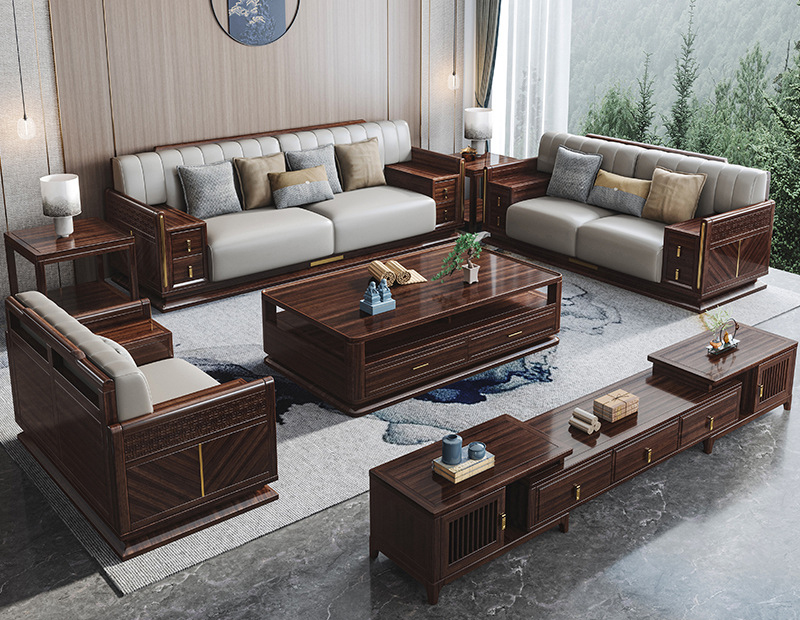
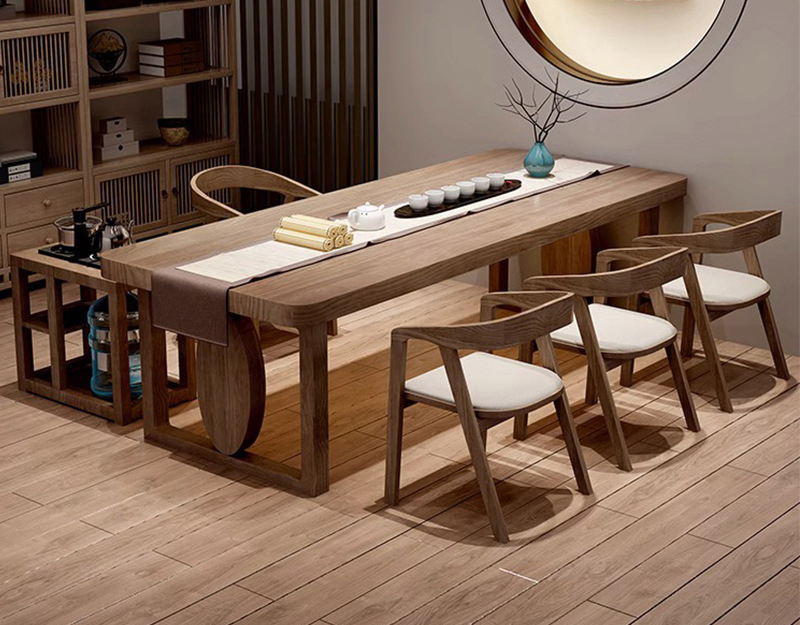

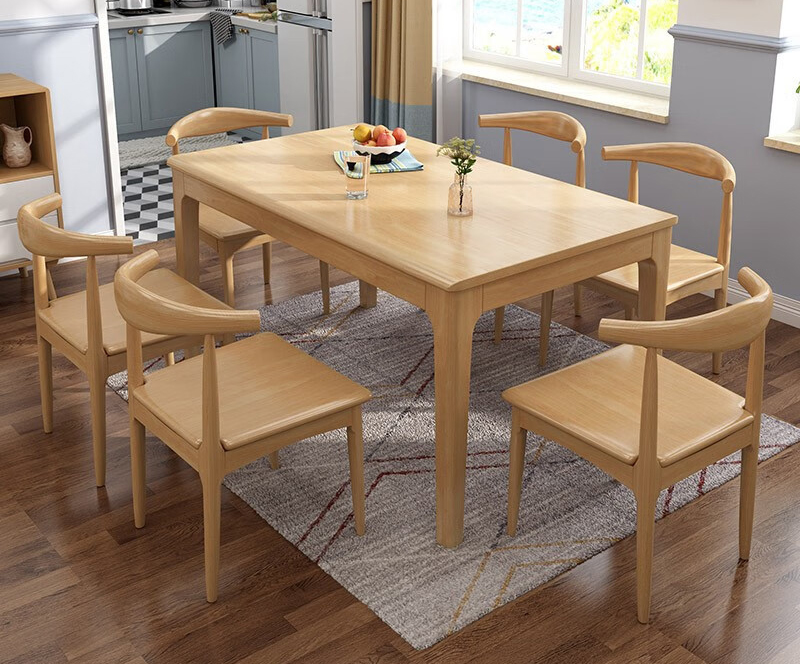
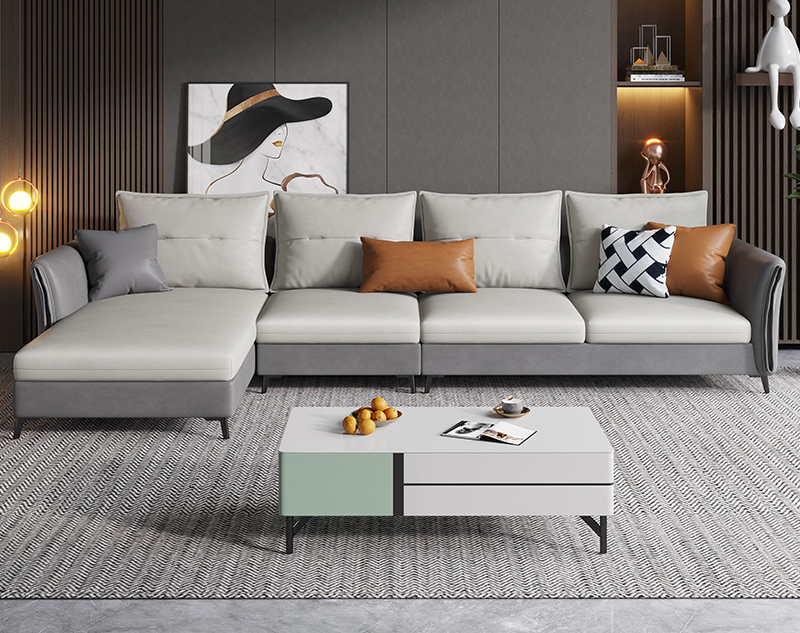
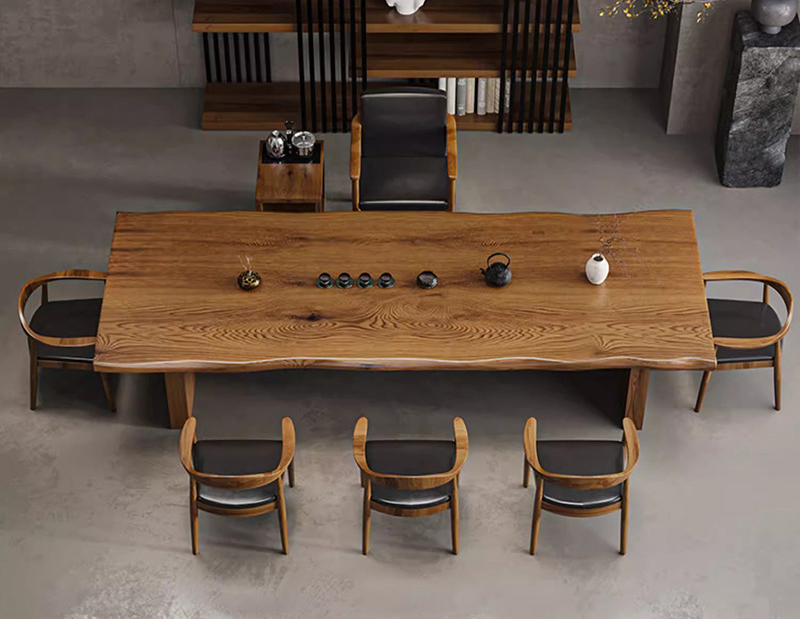
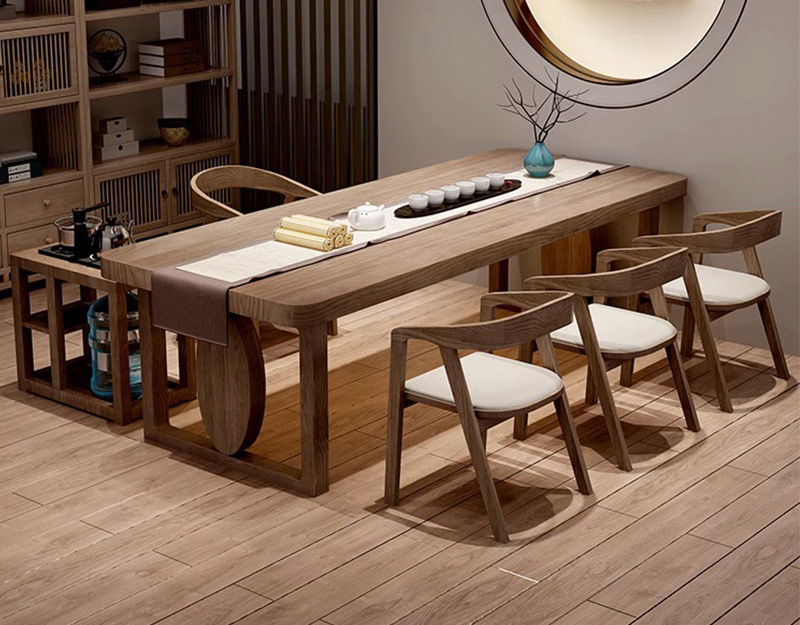


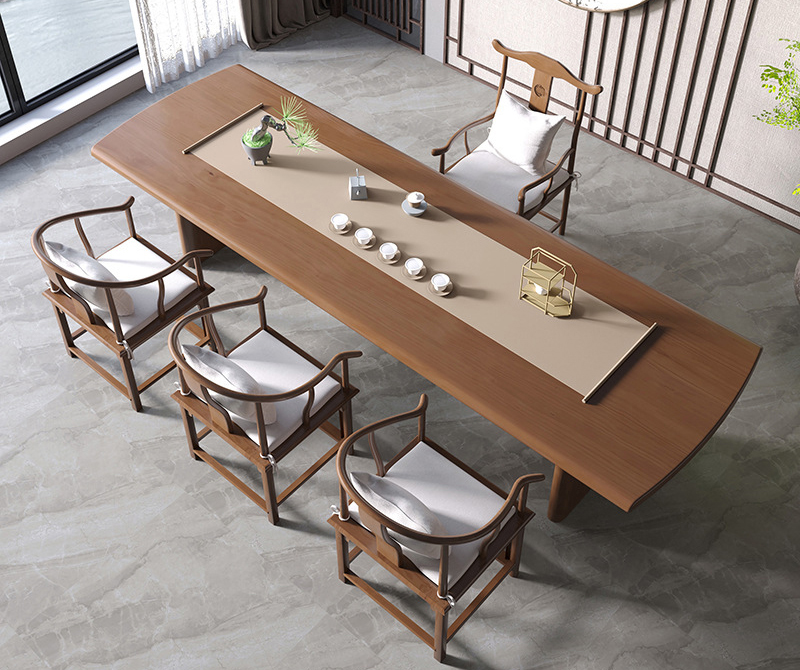

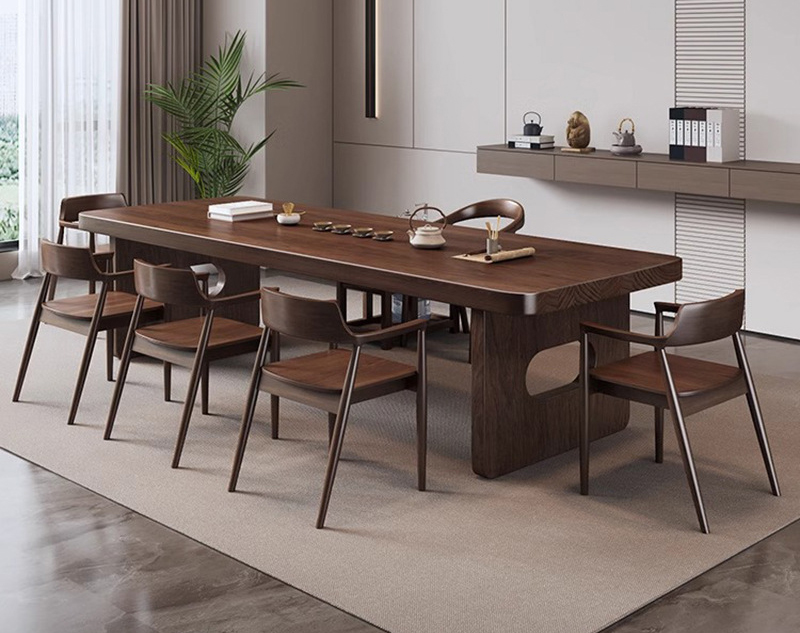
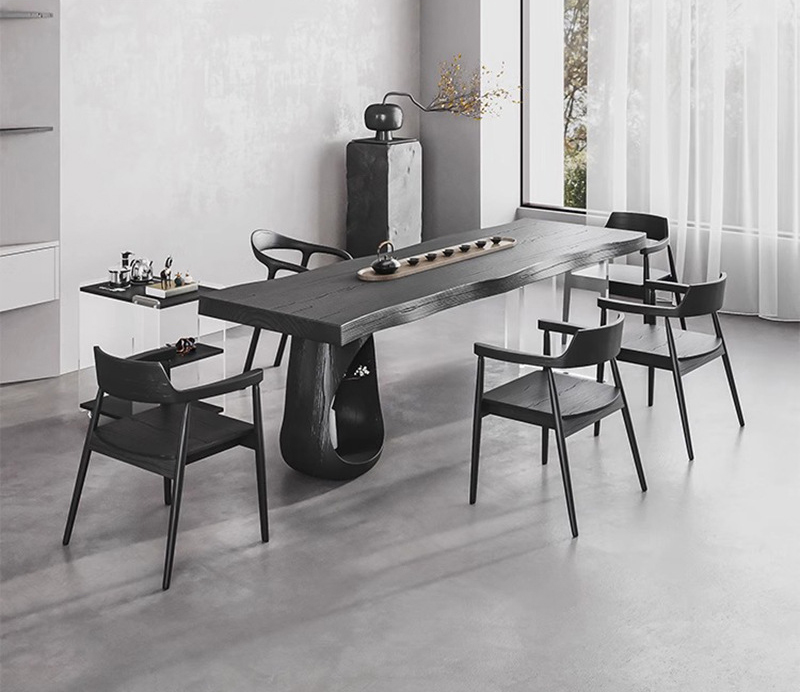

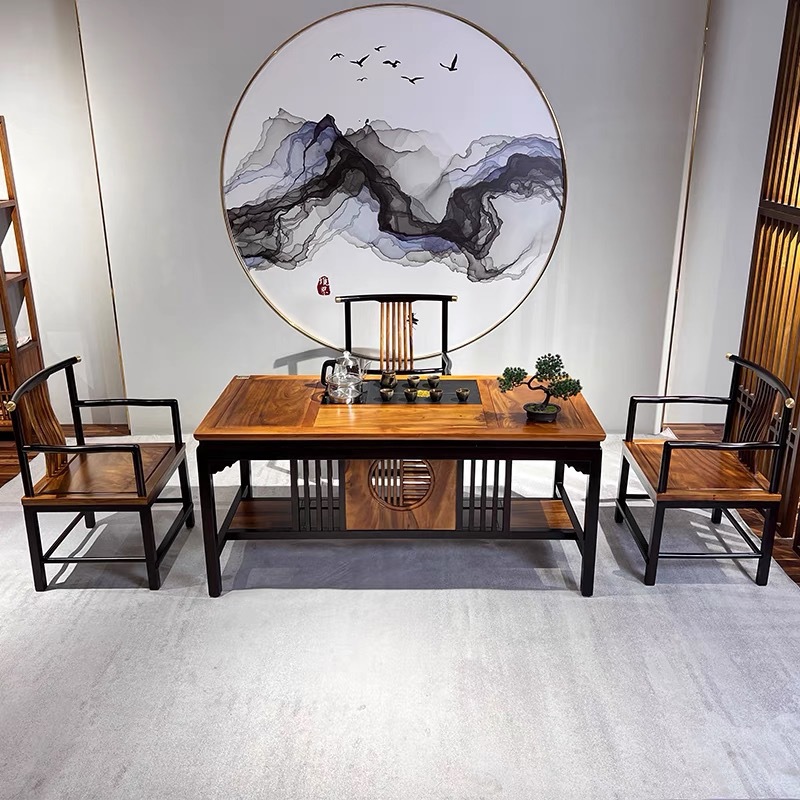

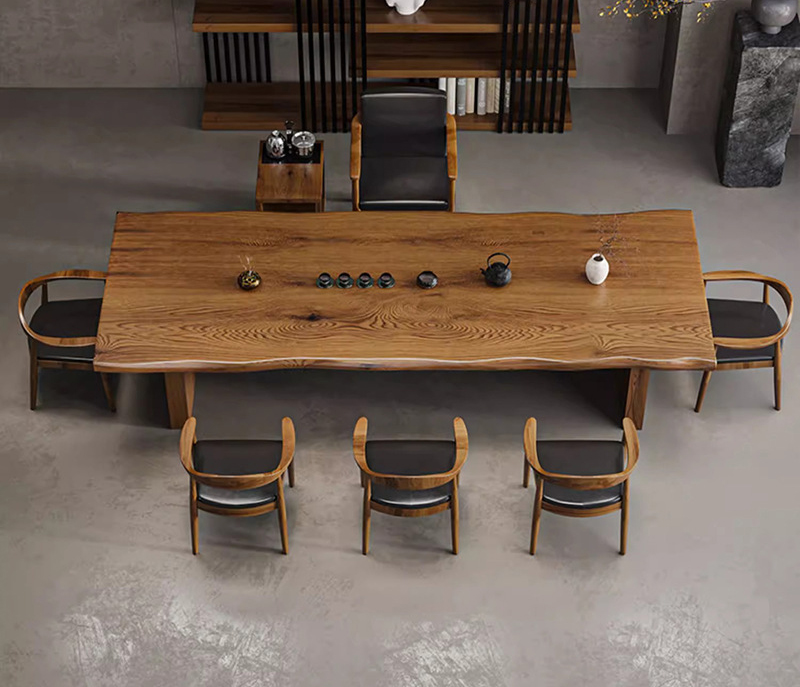

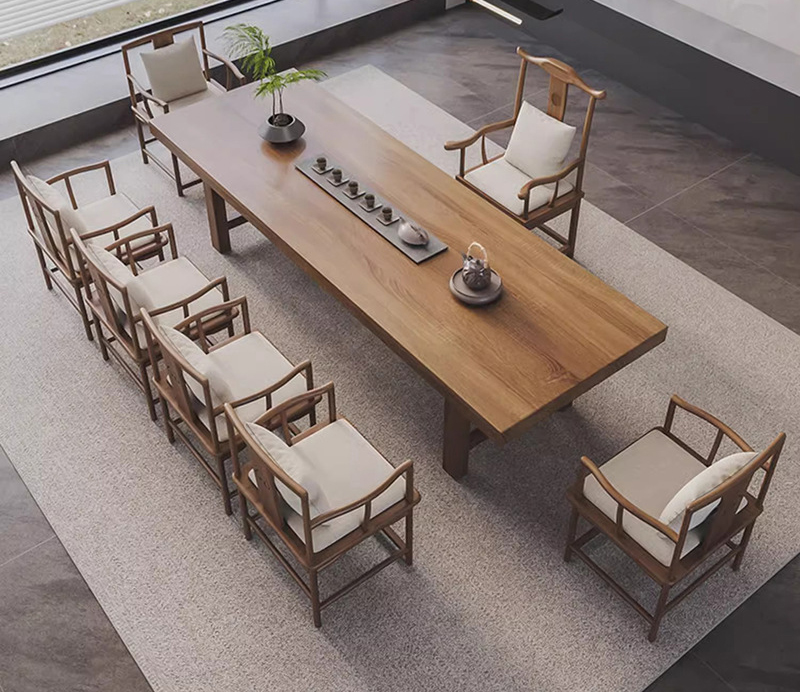
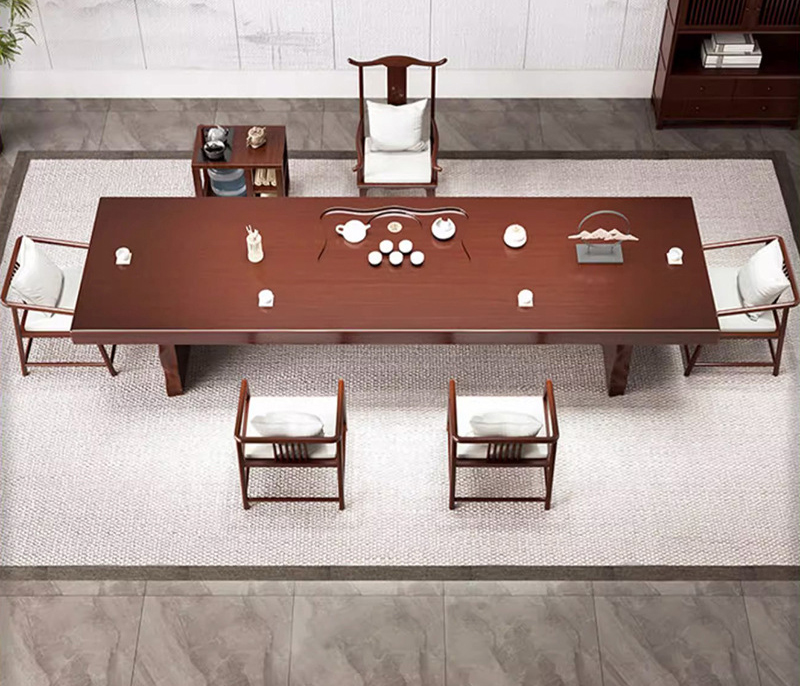


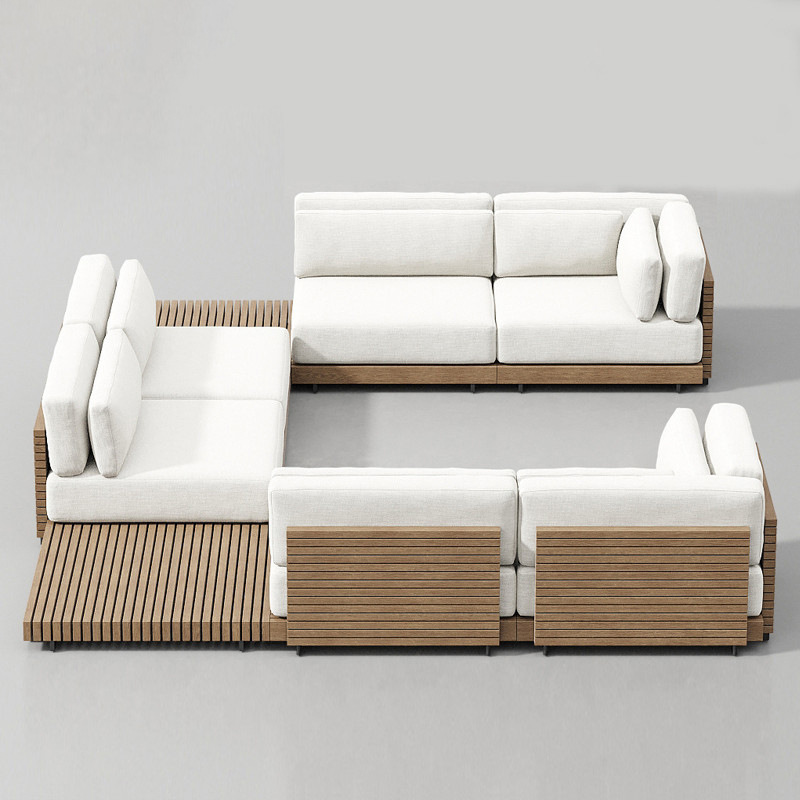





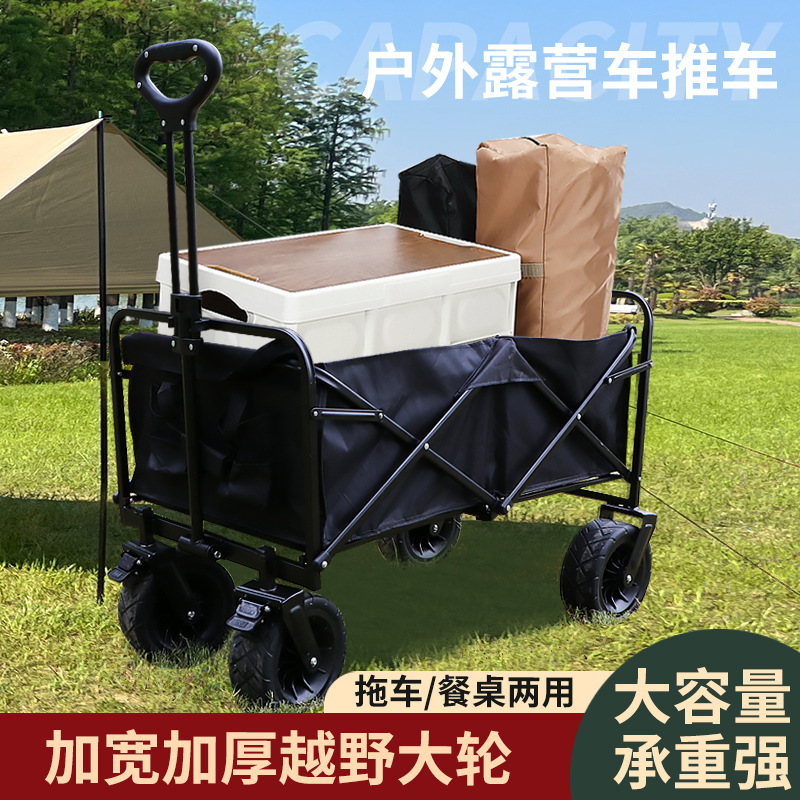


![[Fashion choice, new office fashion] -- network celebrity boss table [Fashion choice, new office fashion] -- network celebrity boss table](/upload/news/2024-01/65b30849d1bf3.jpg)
